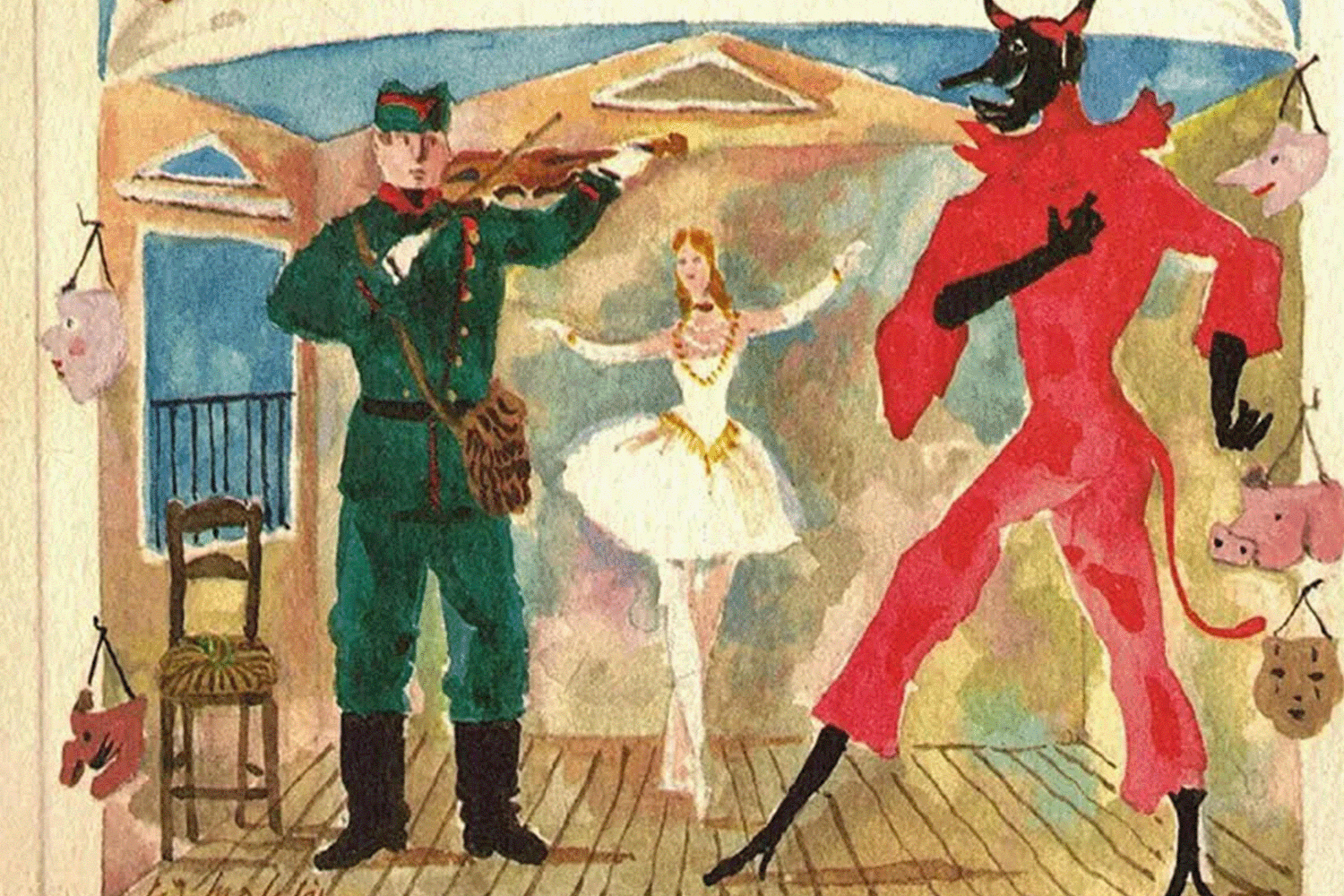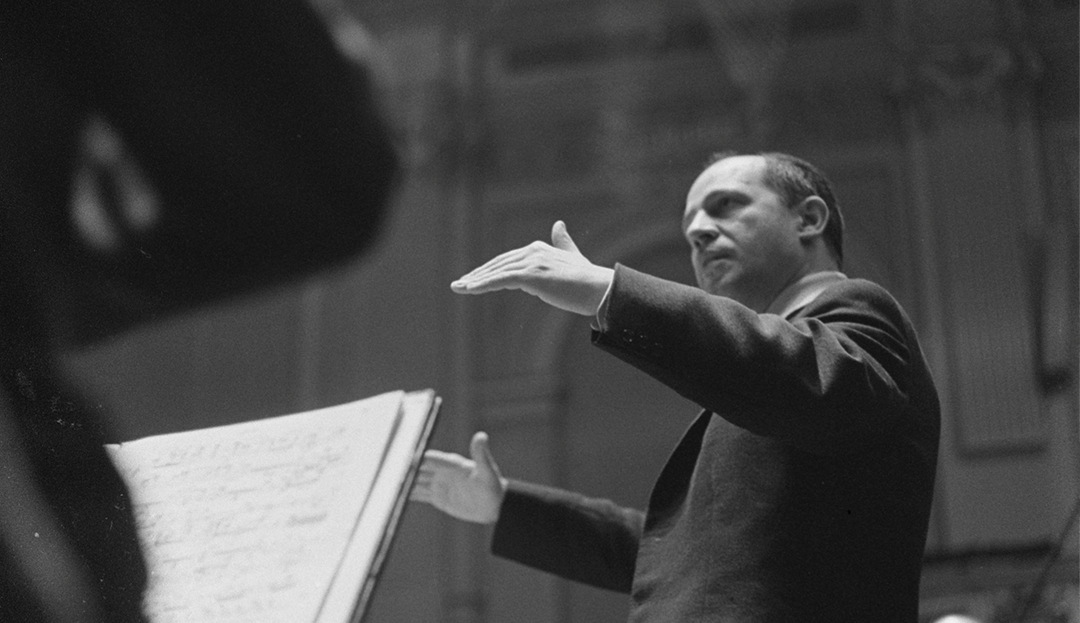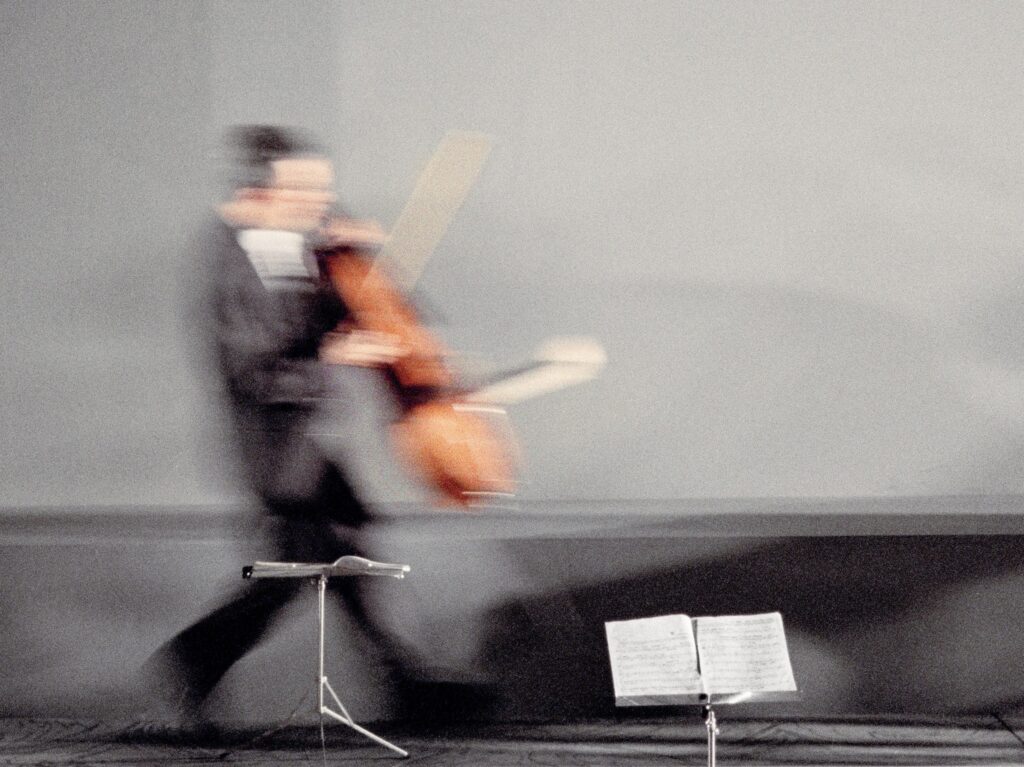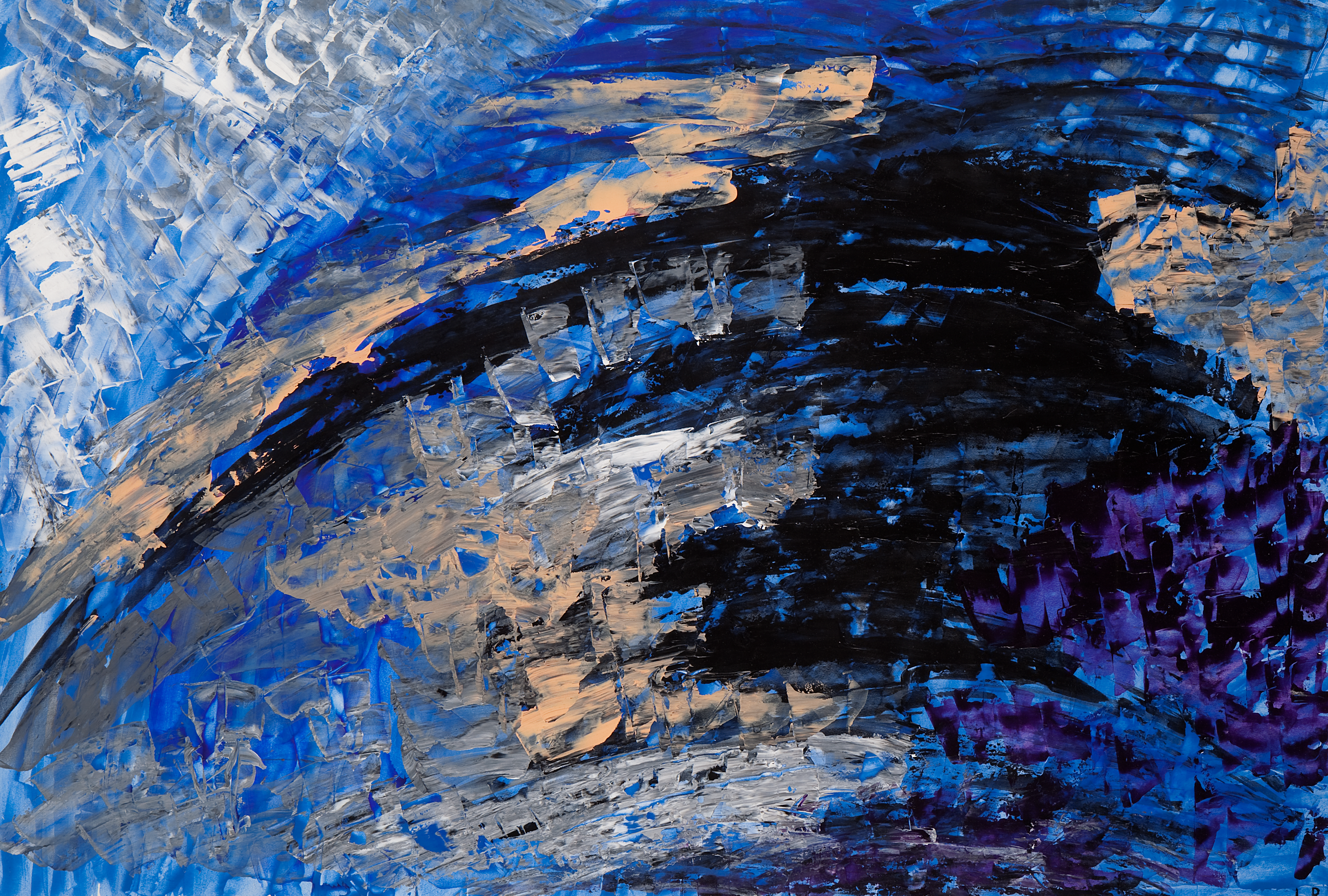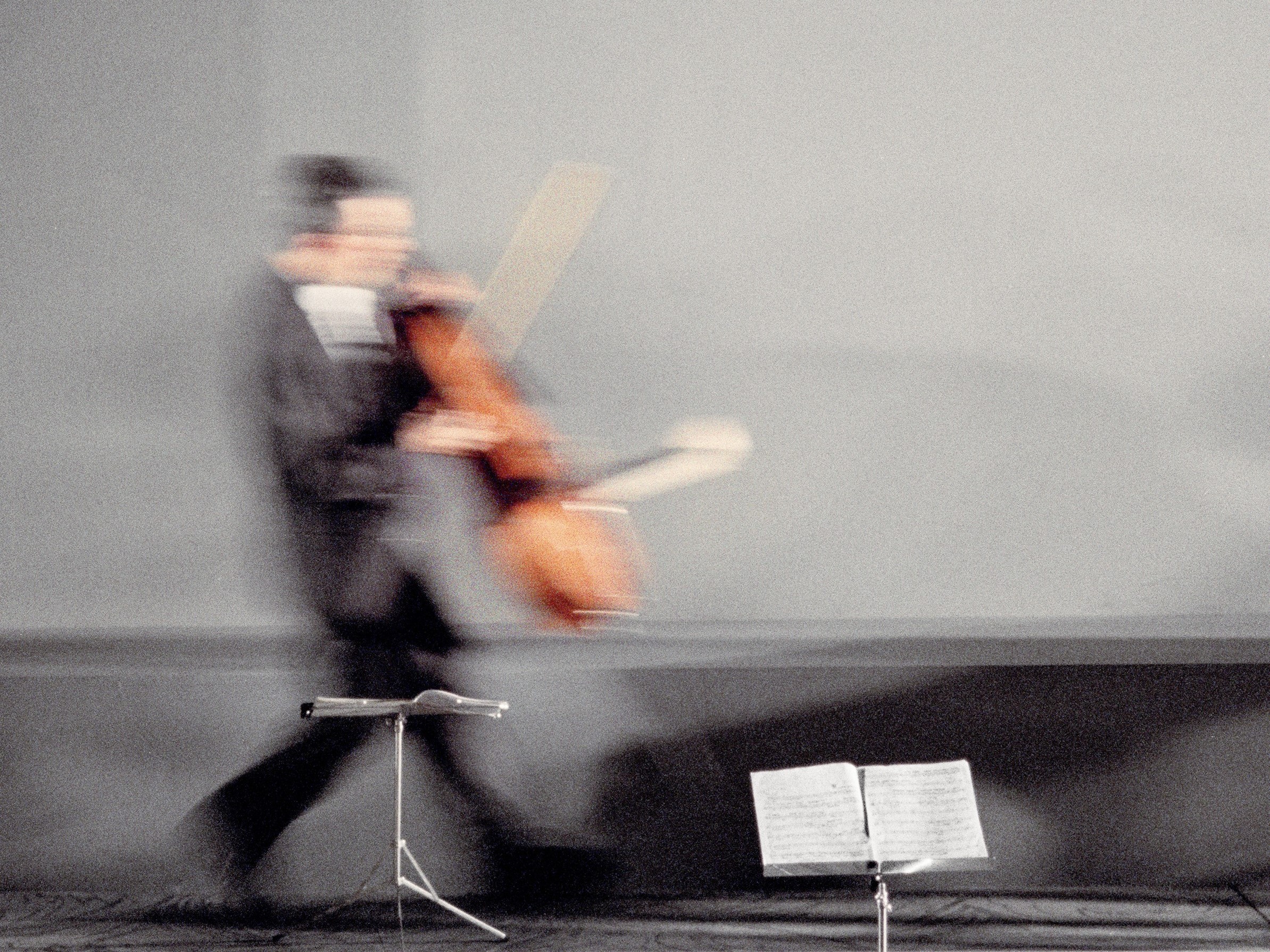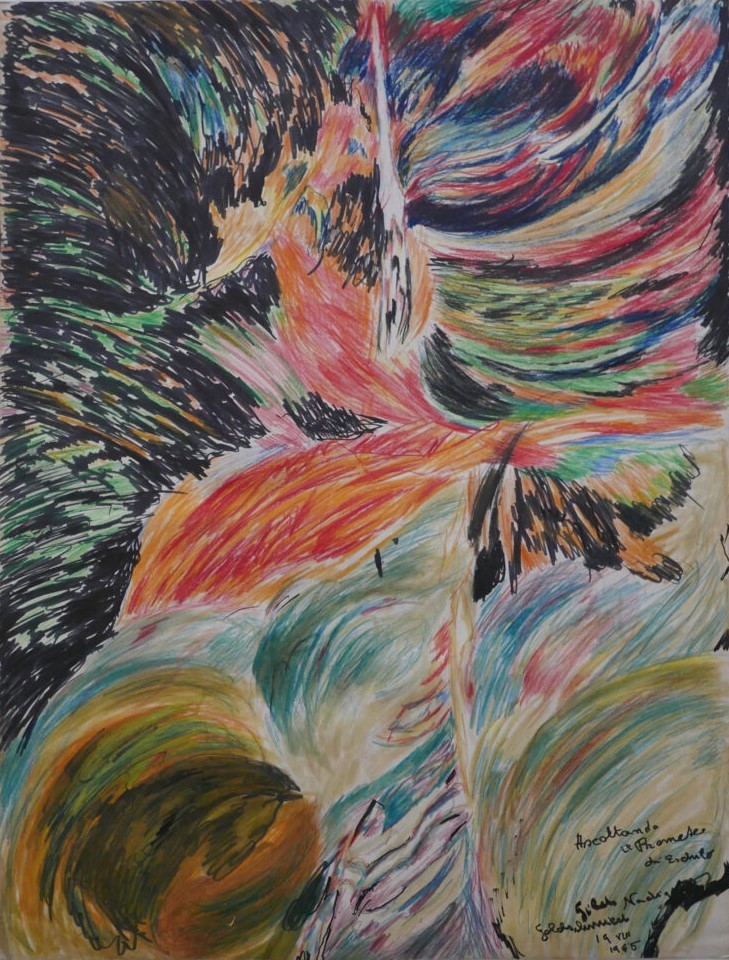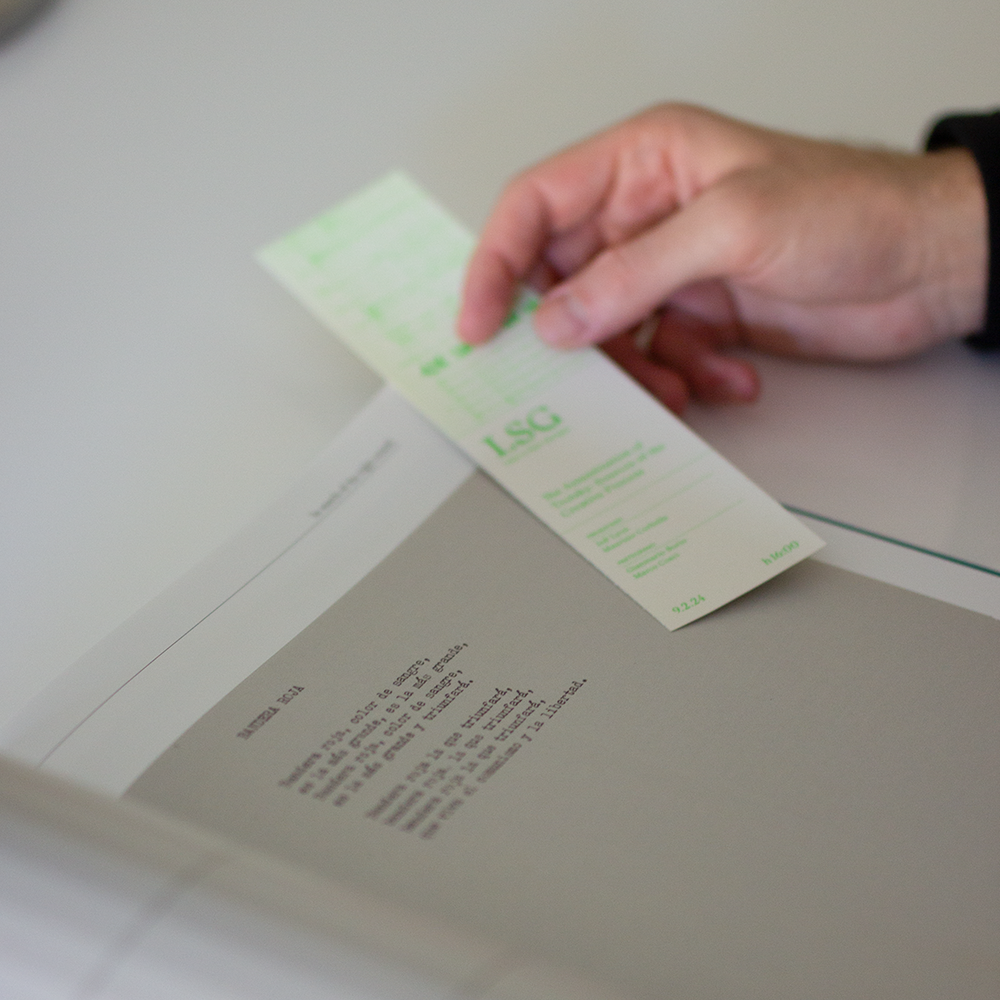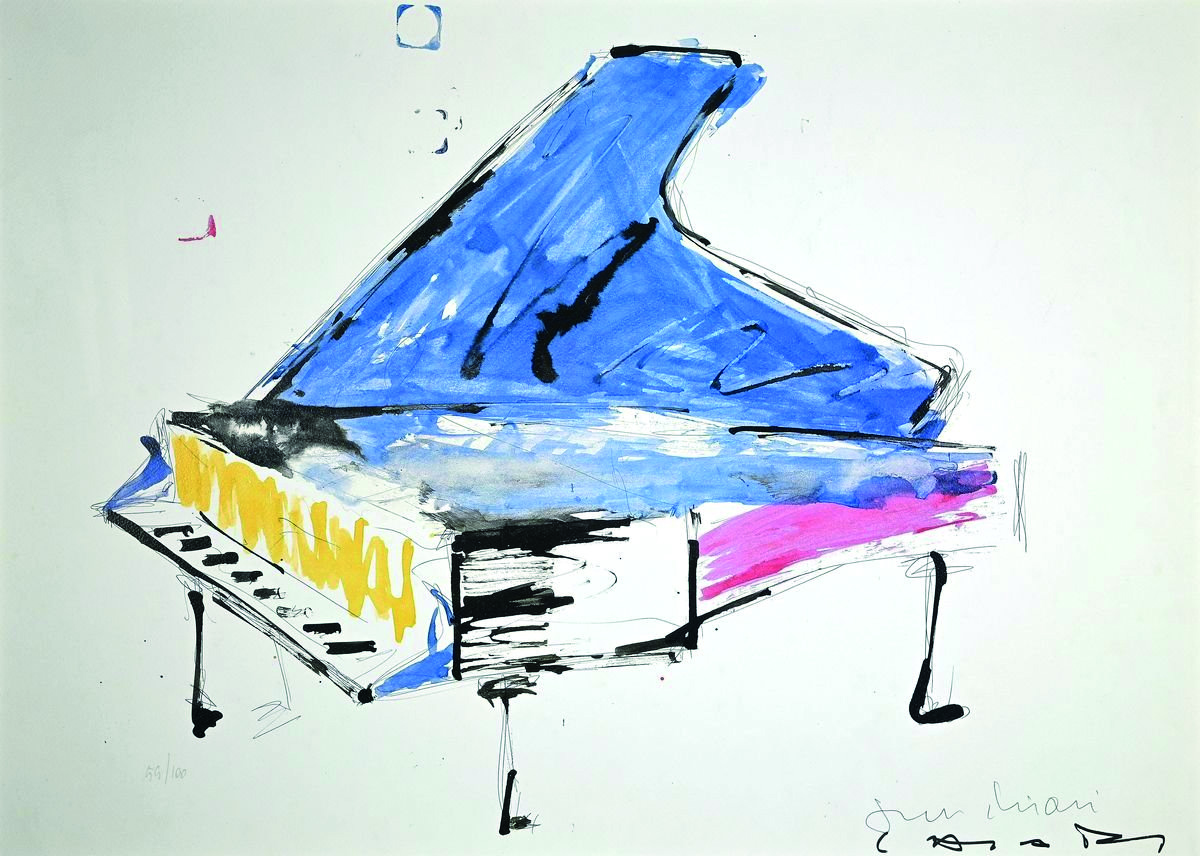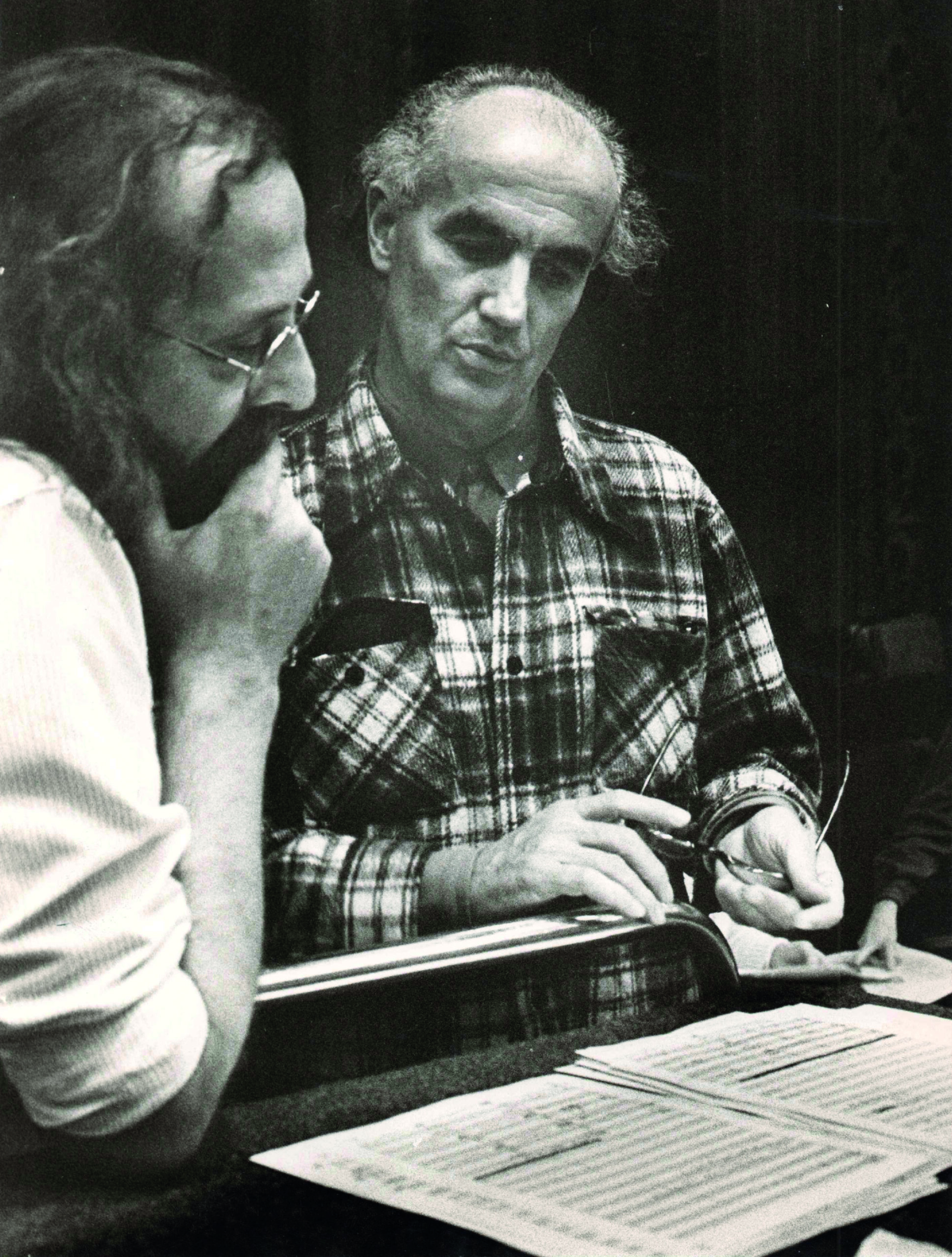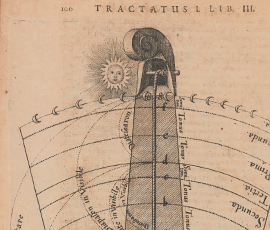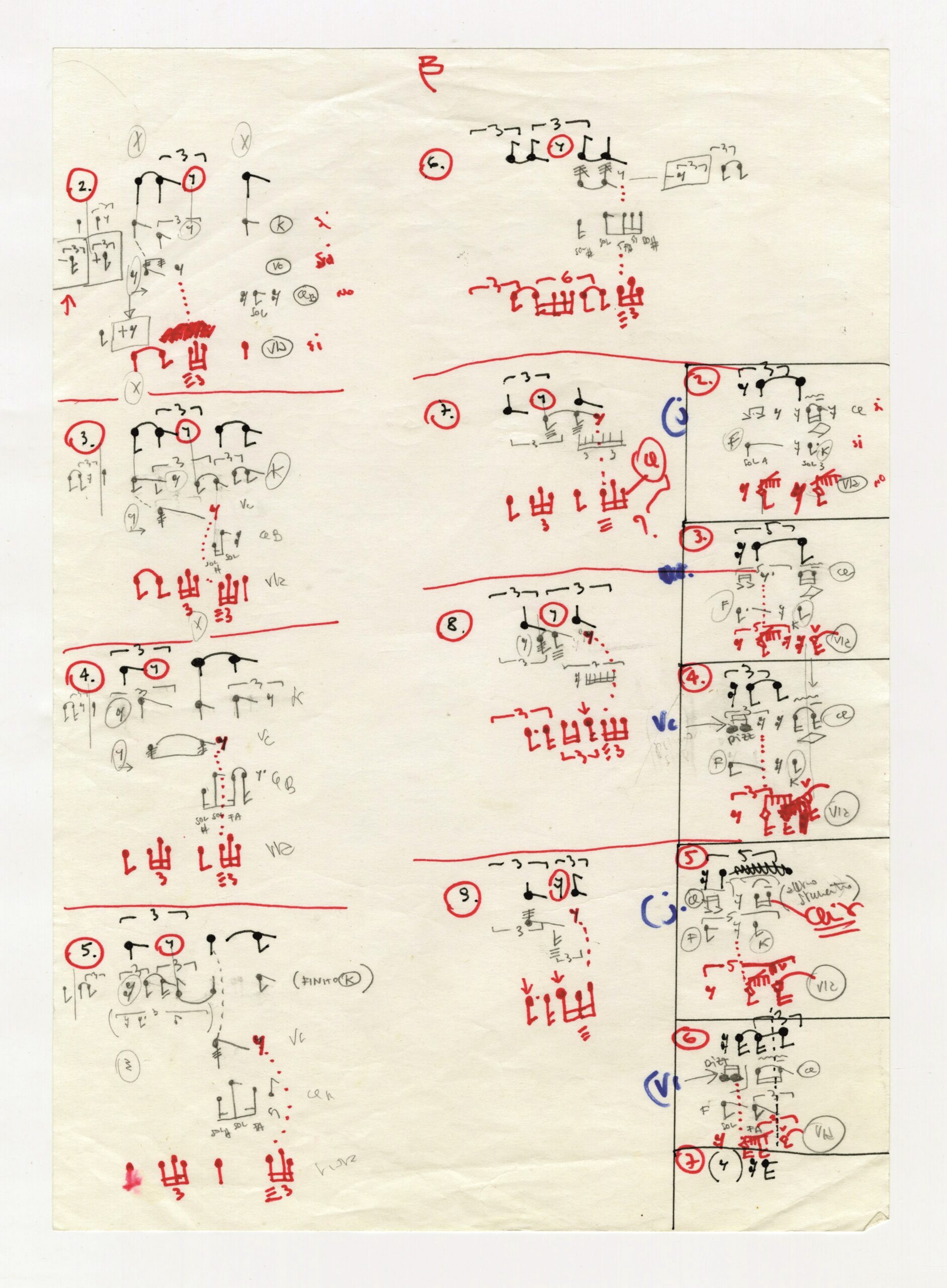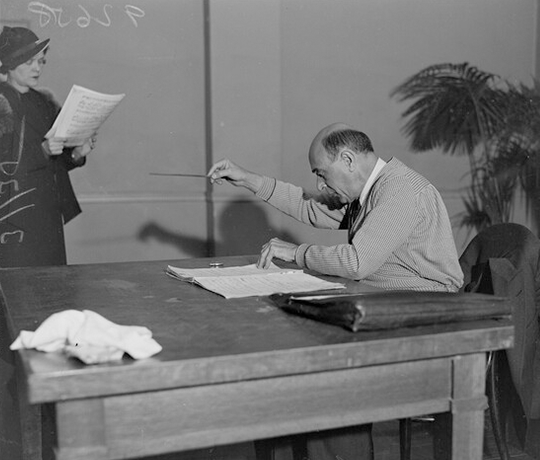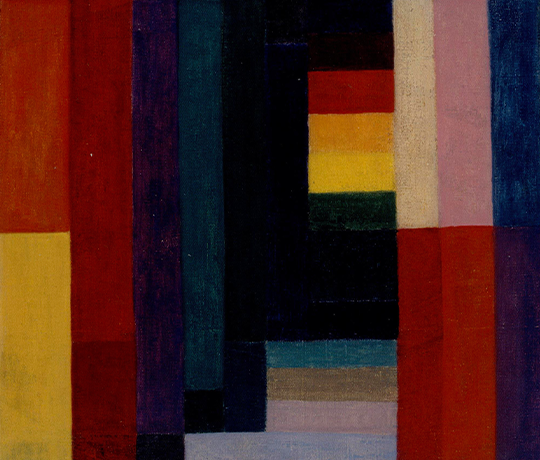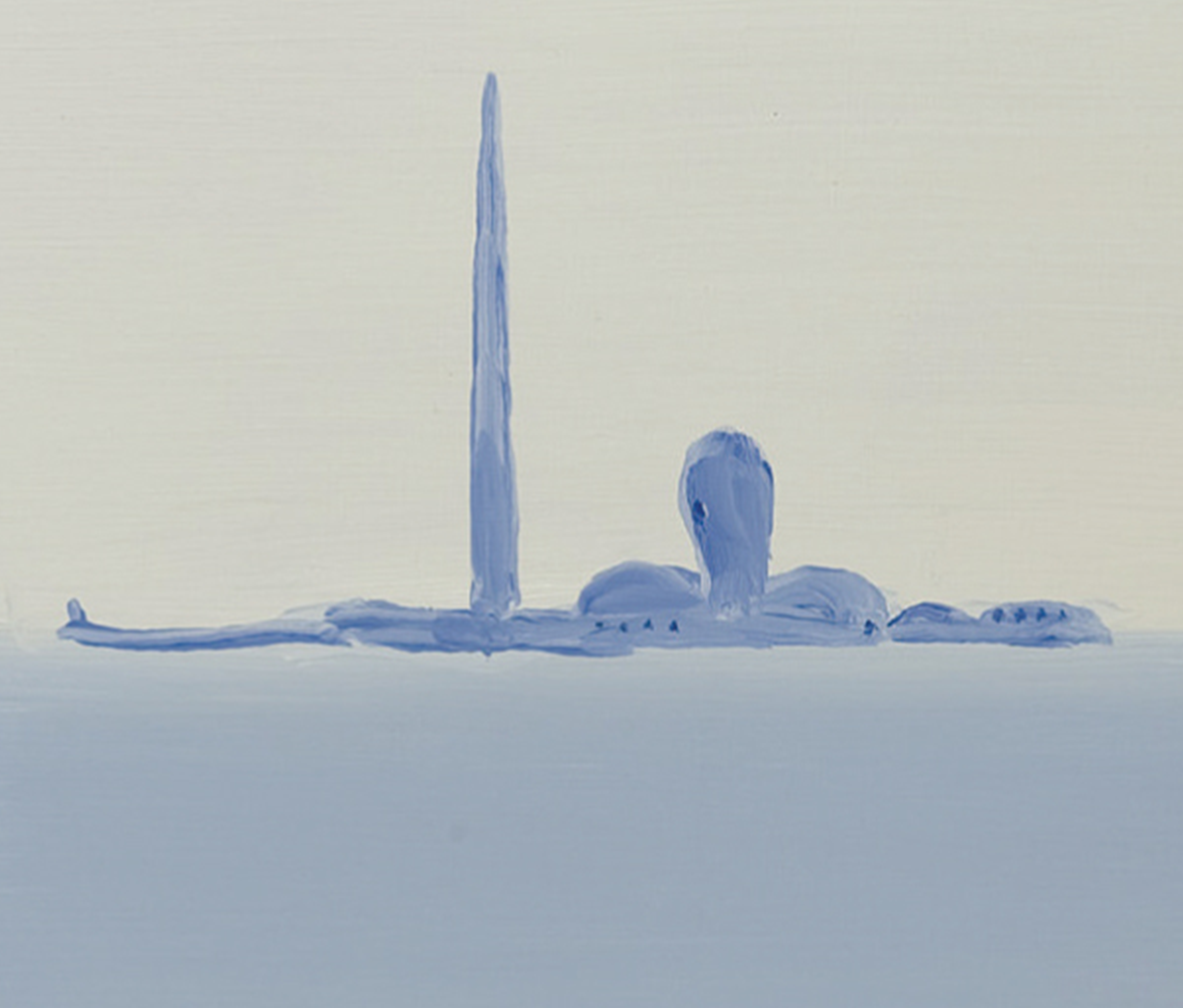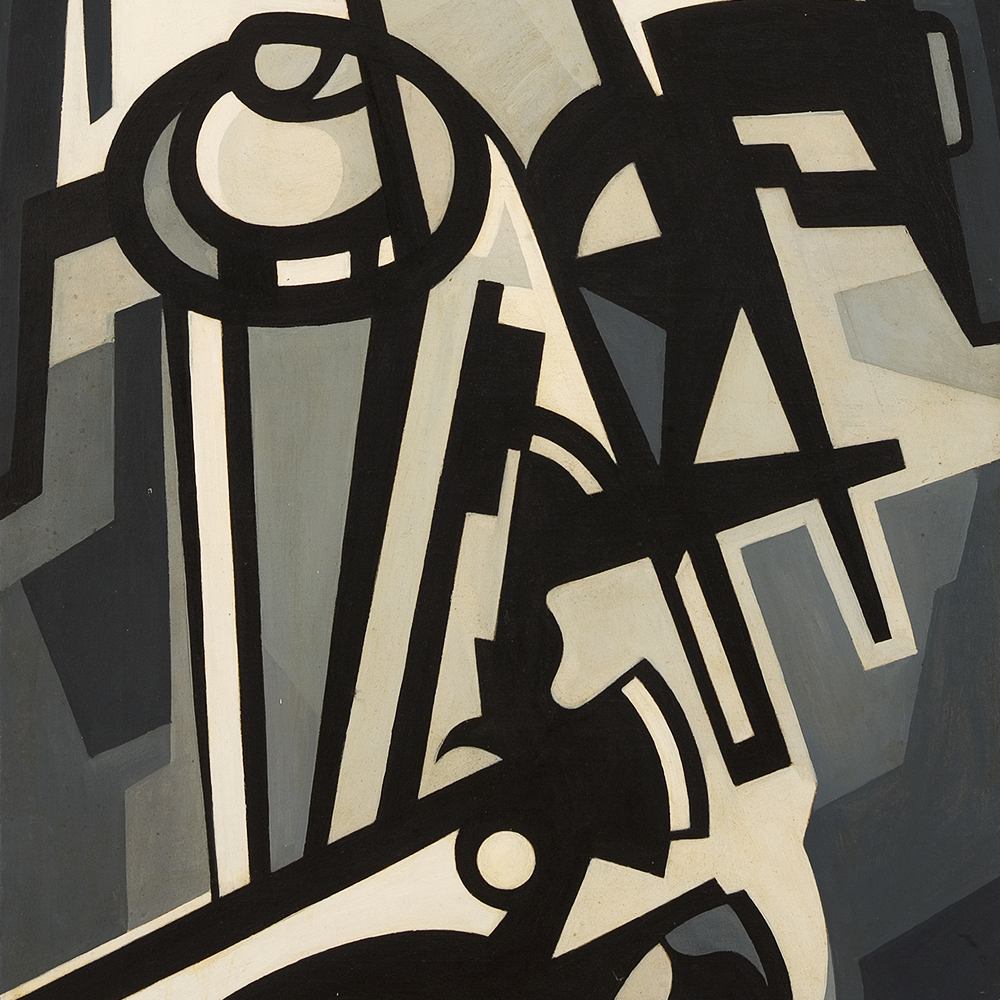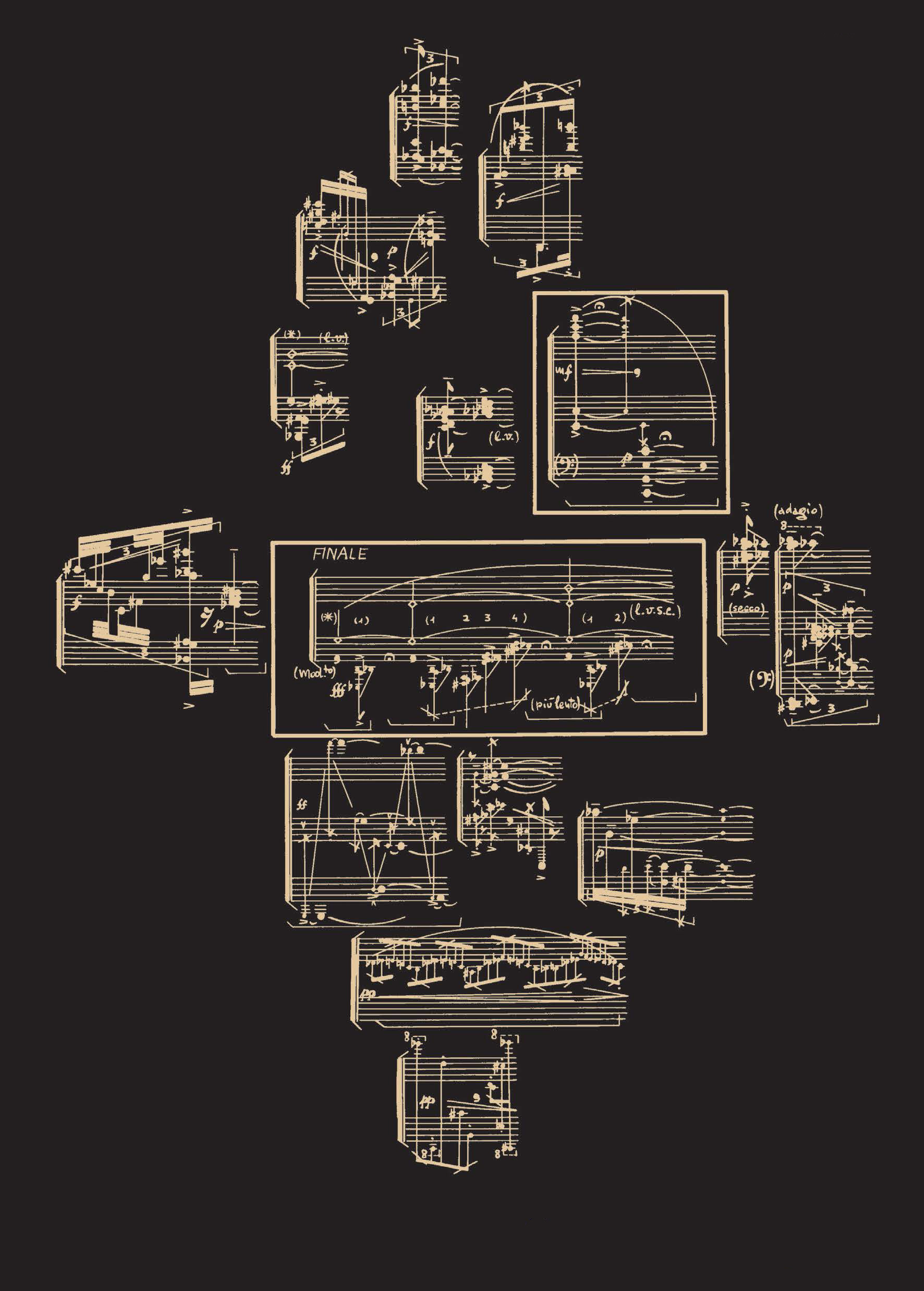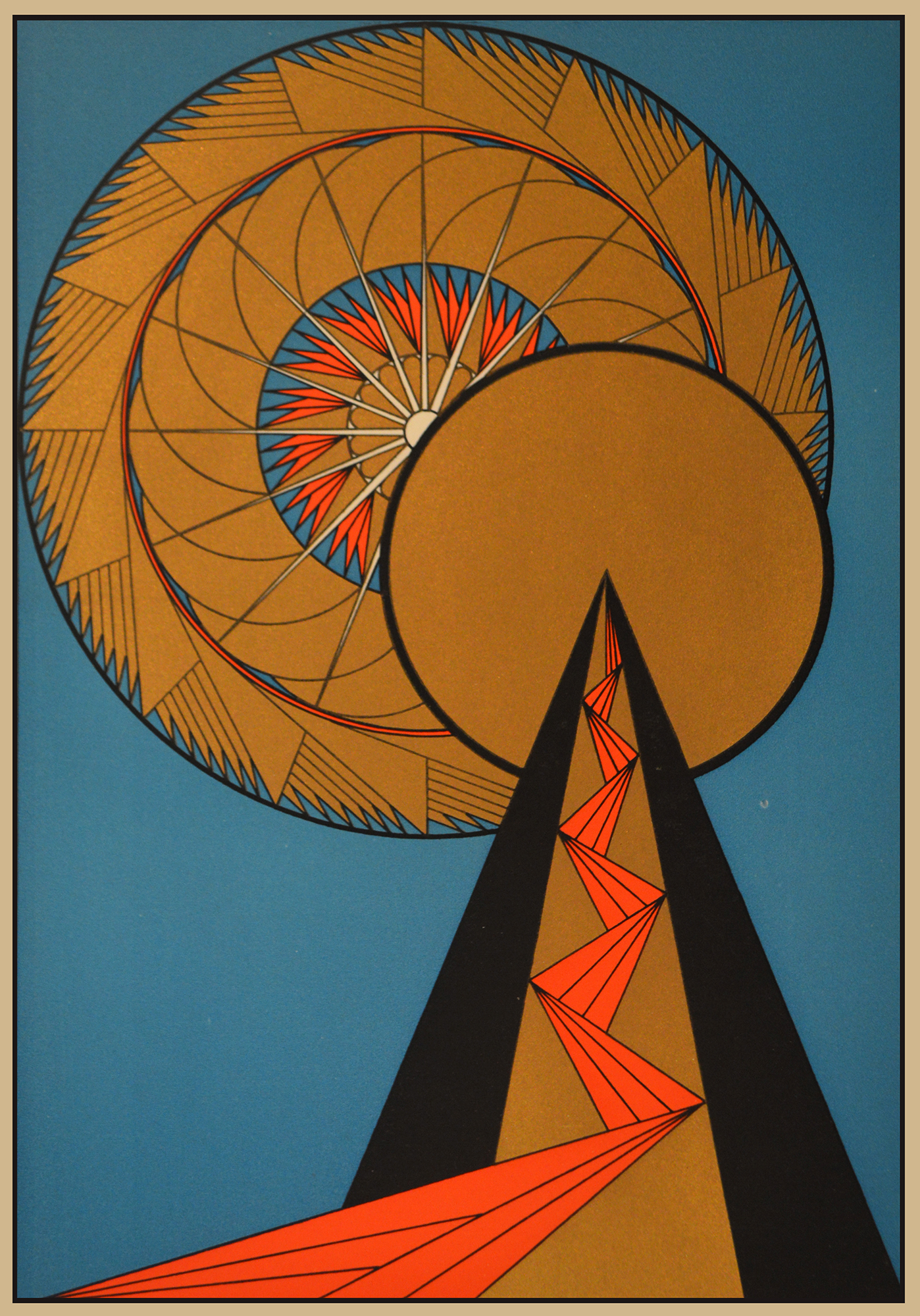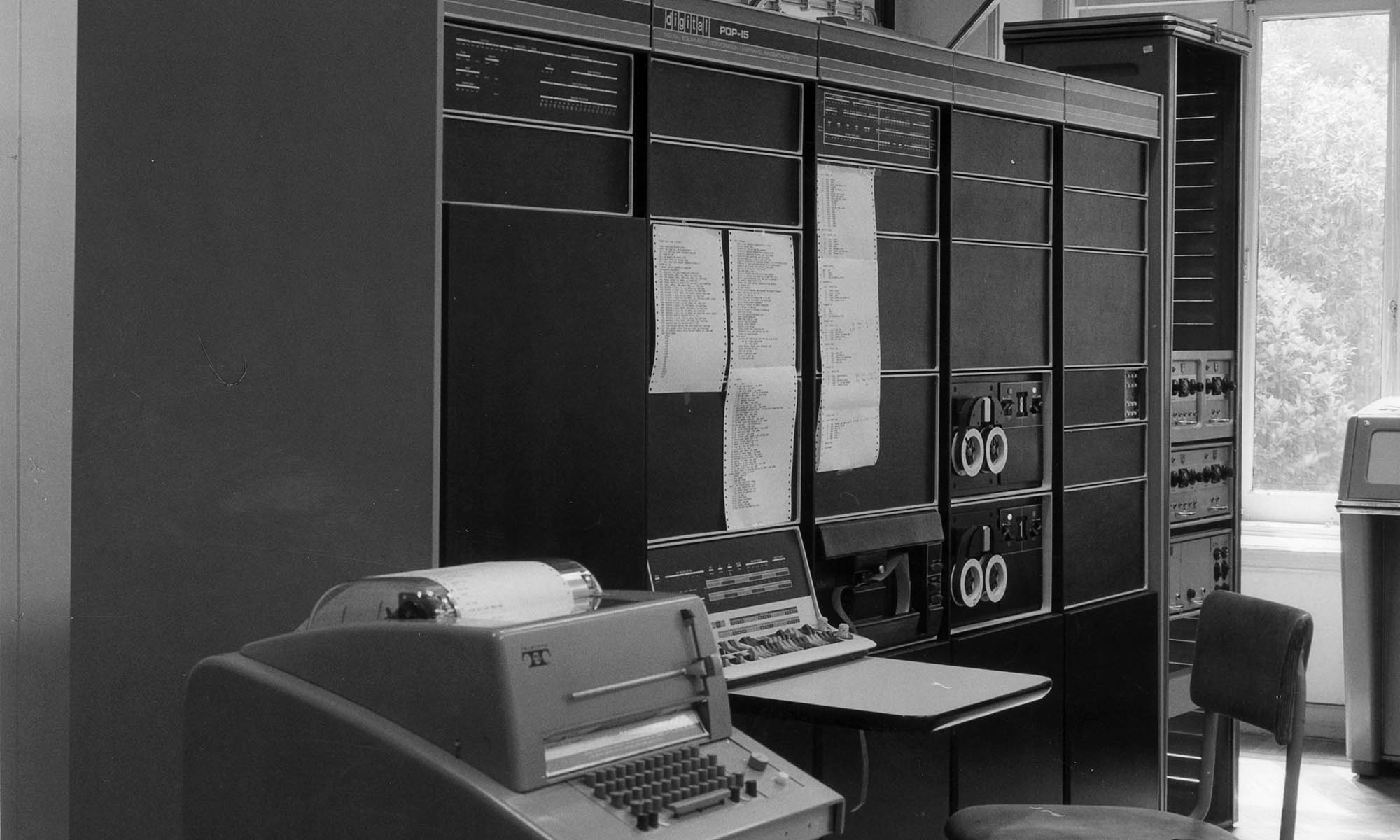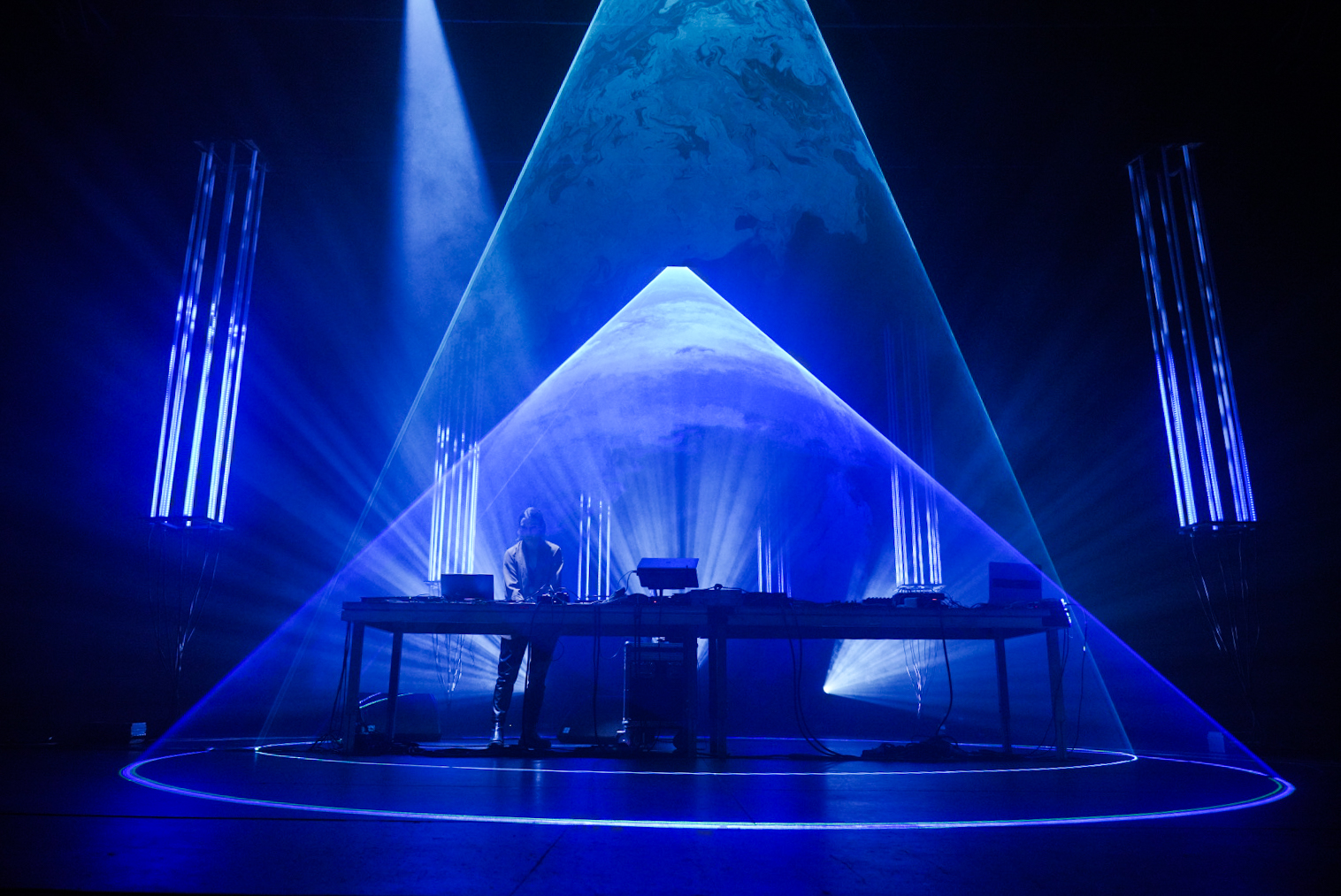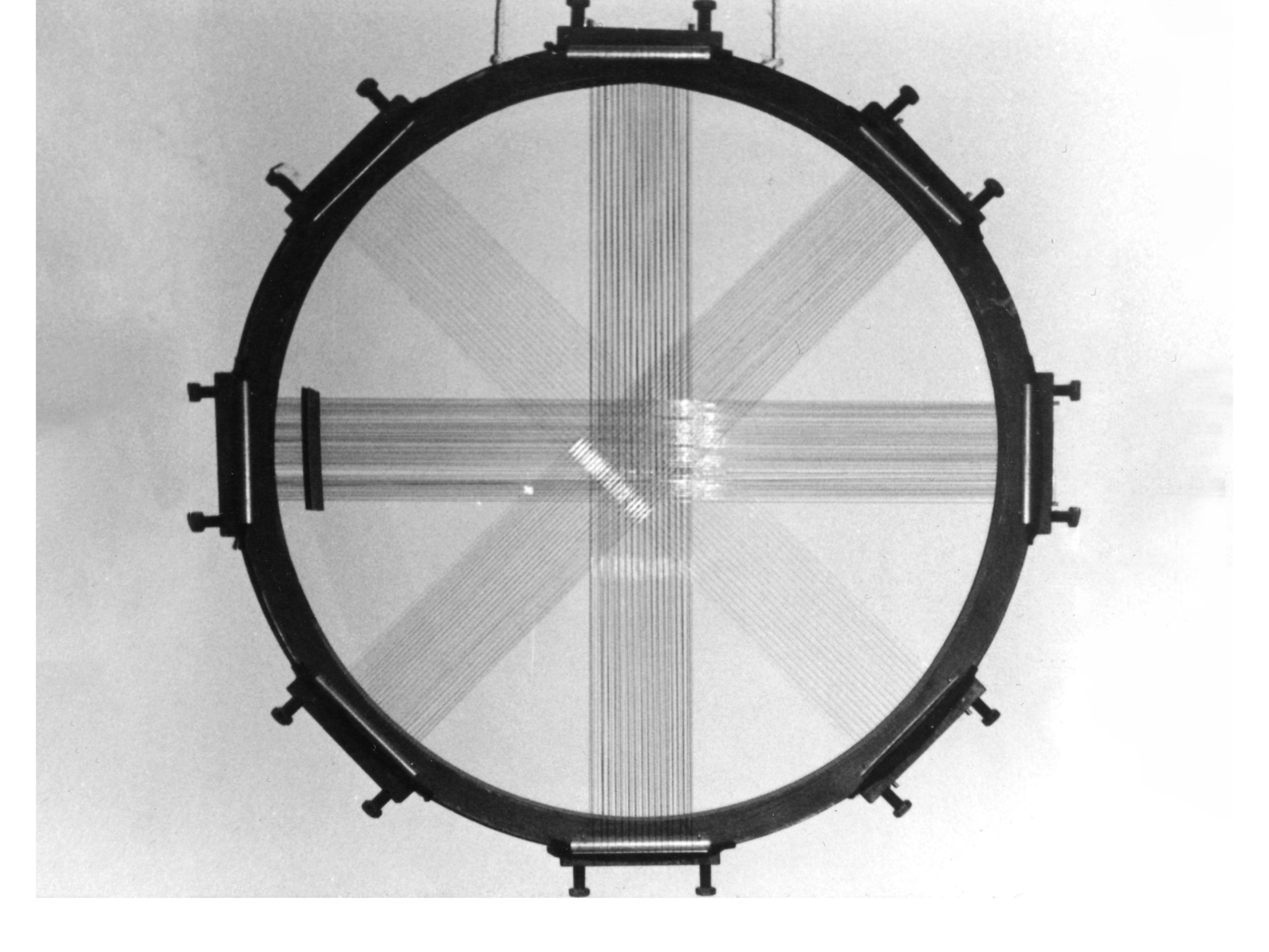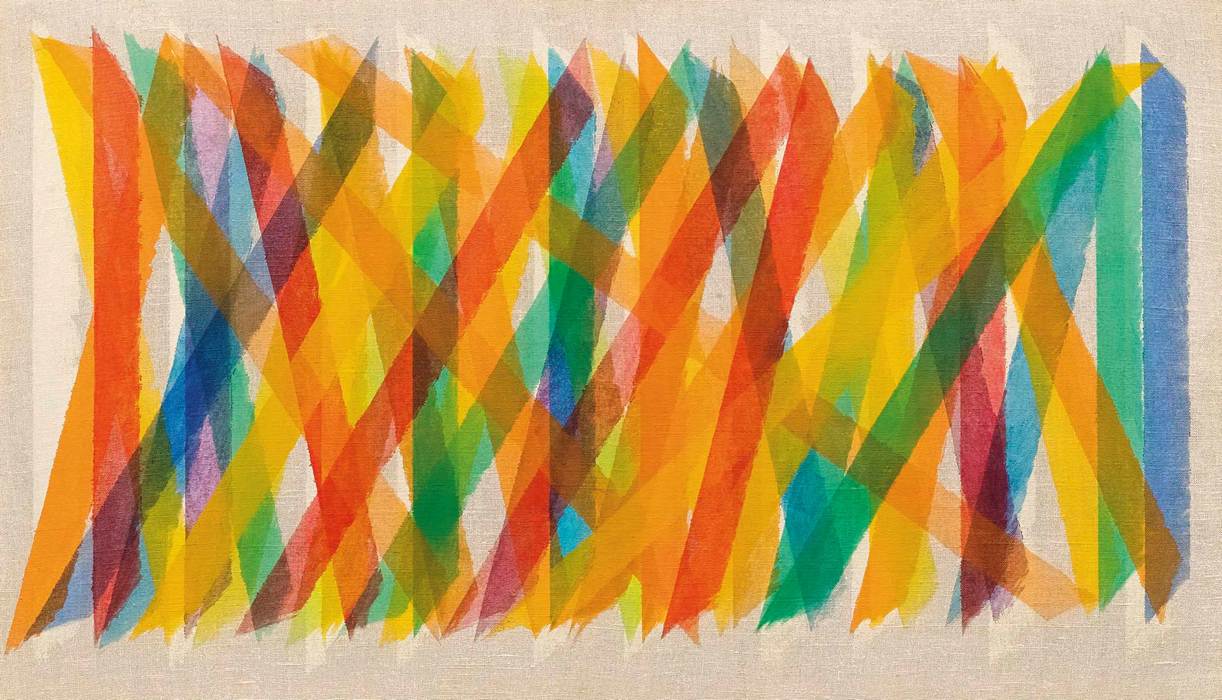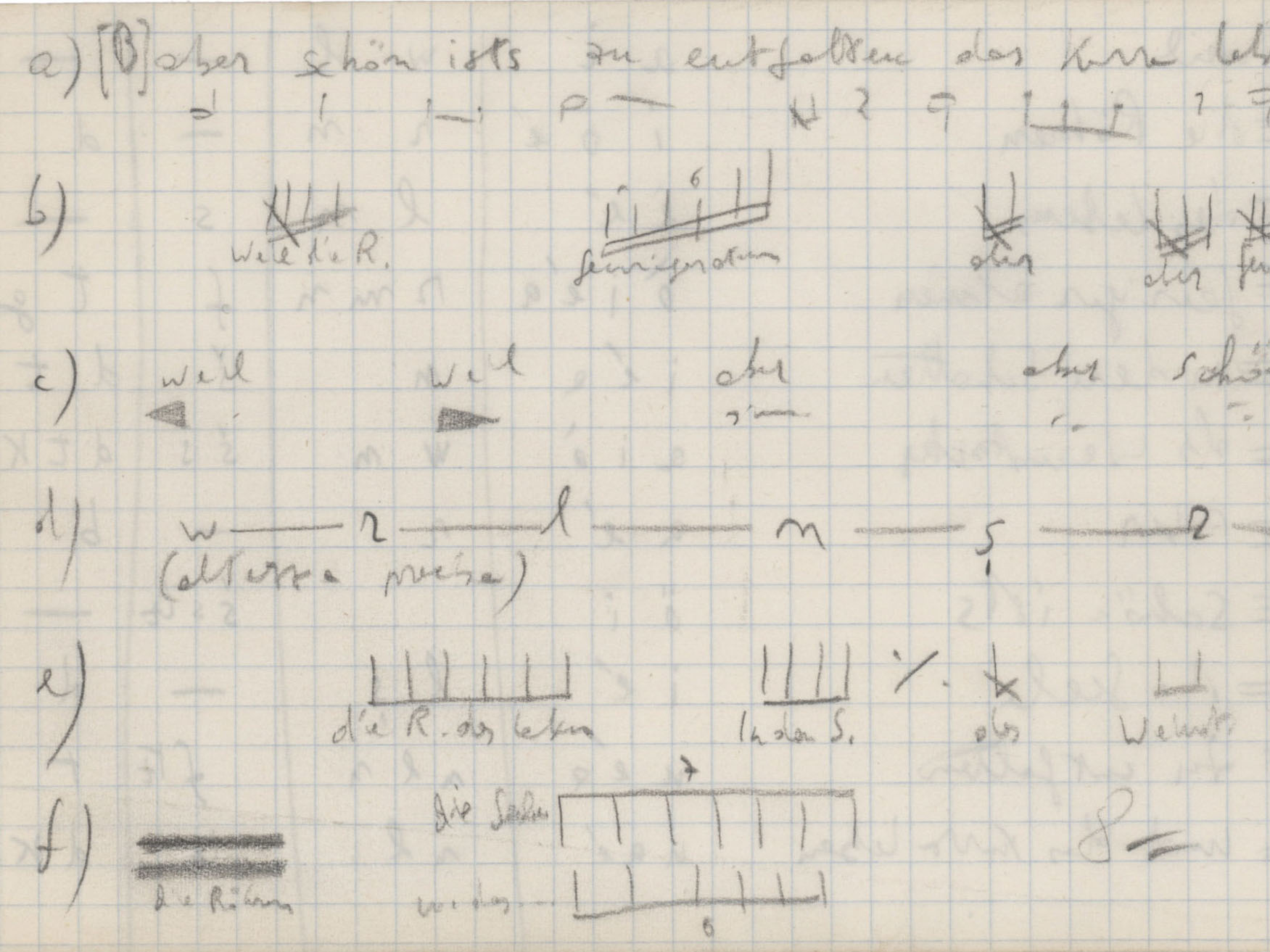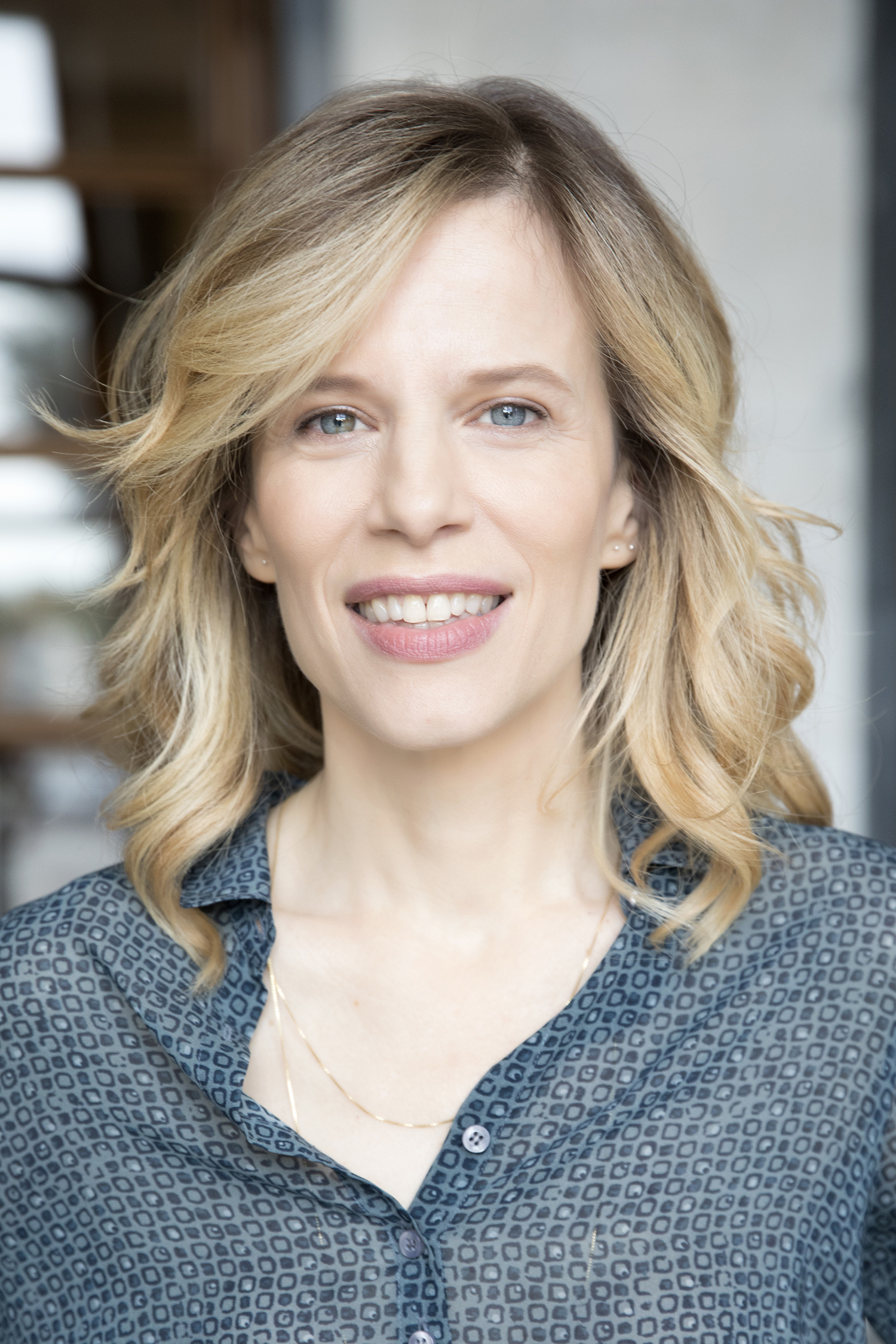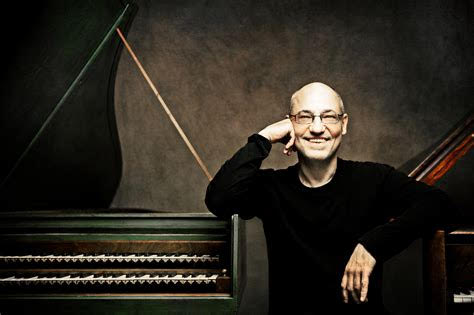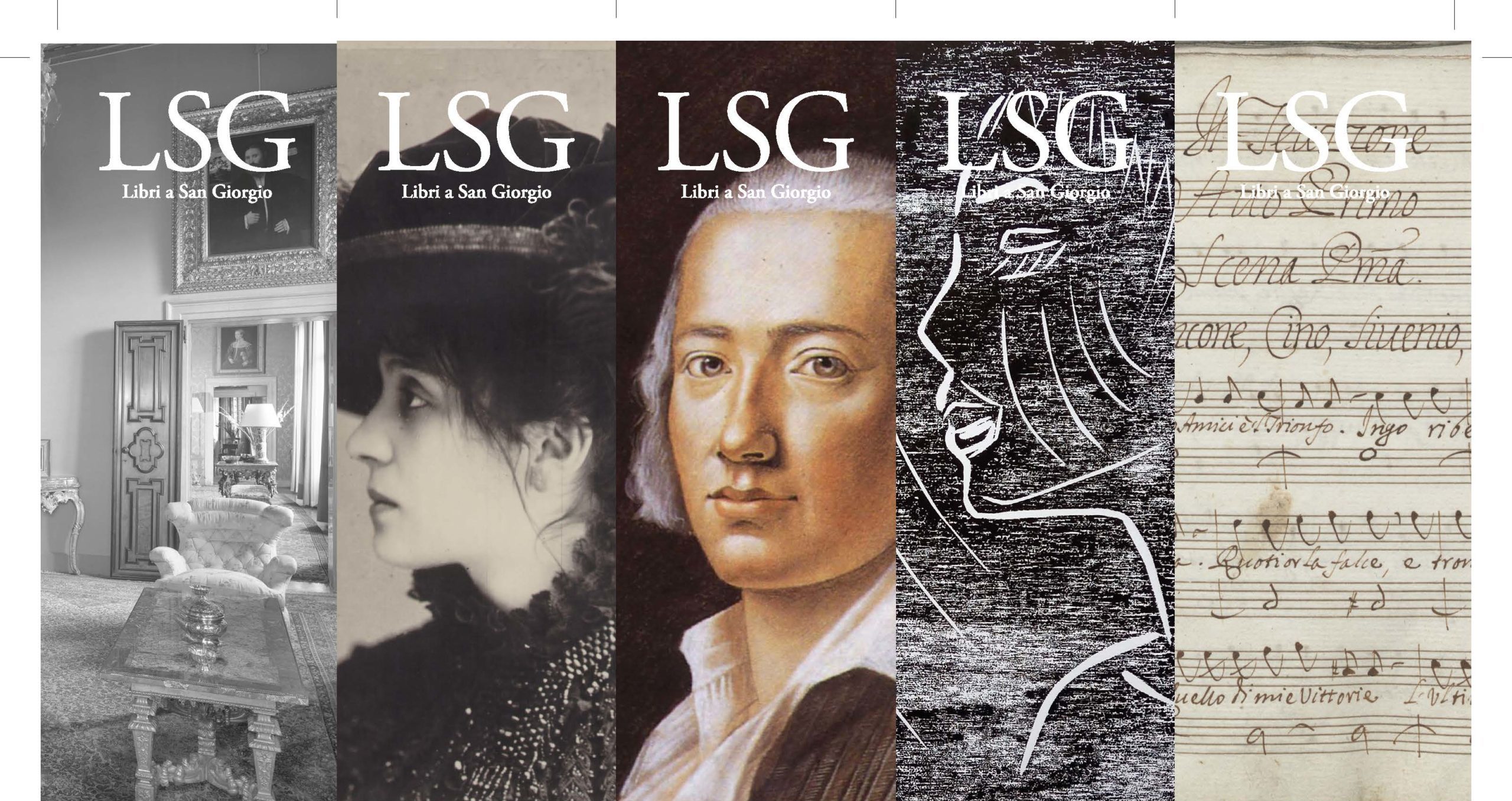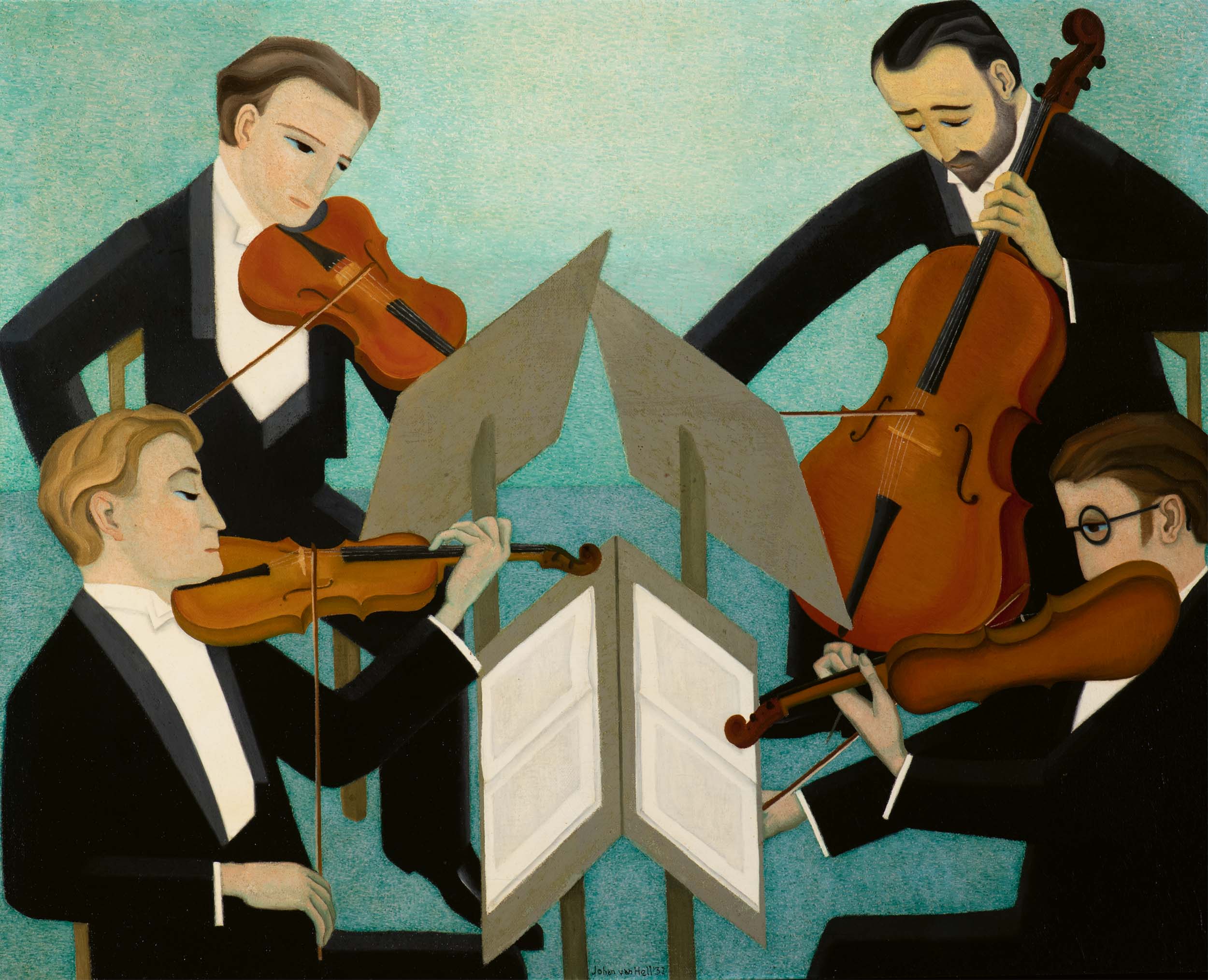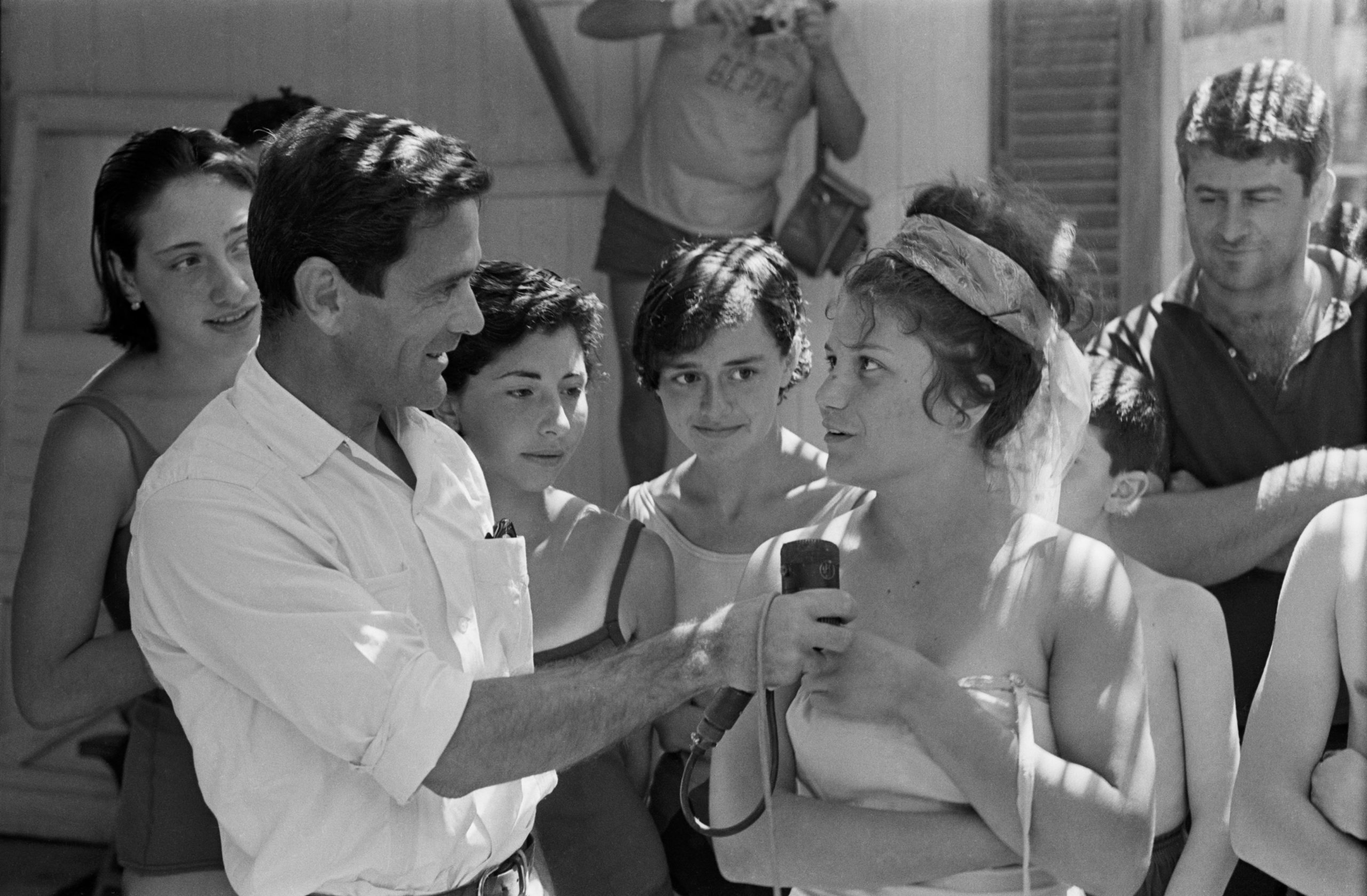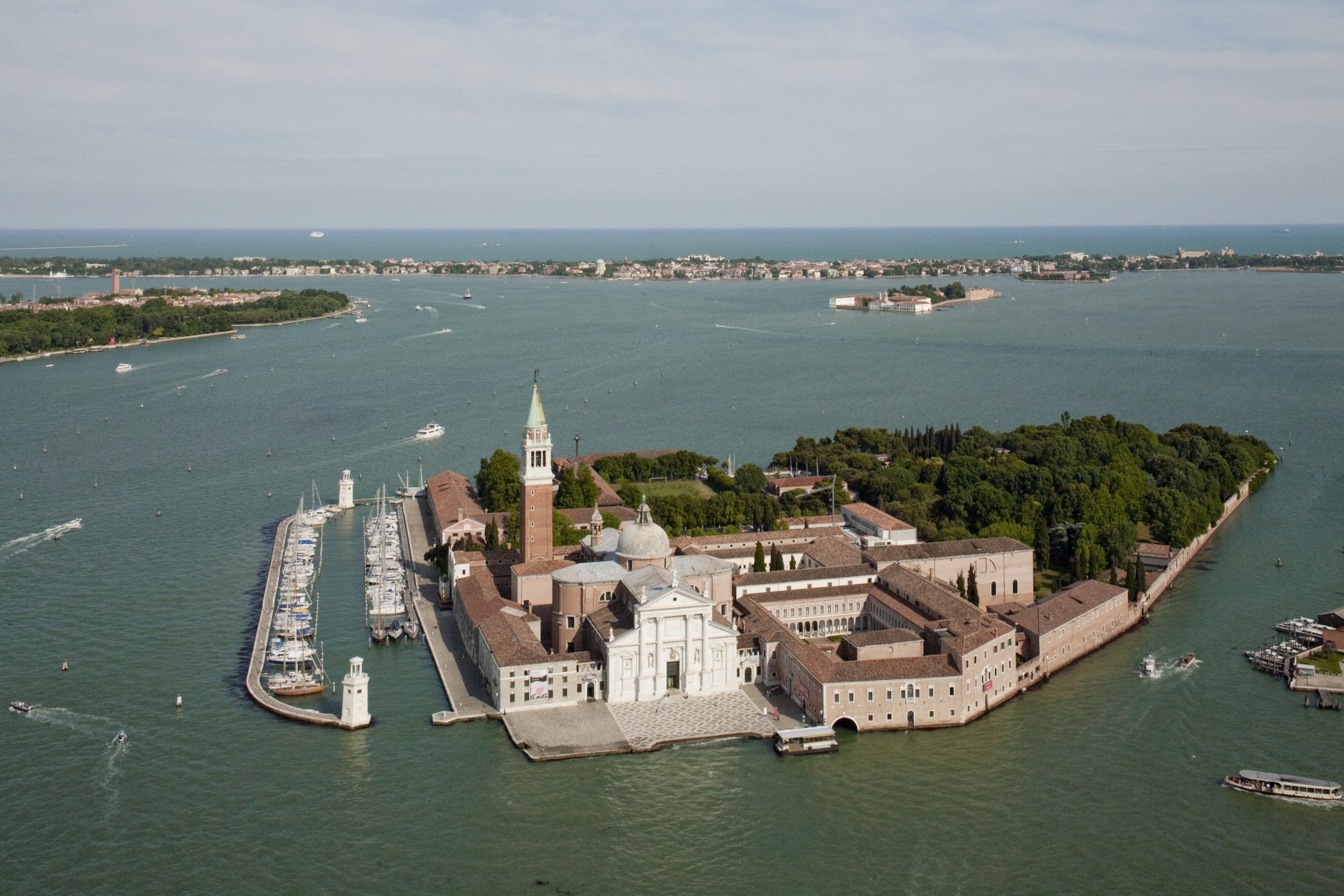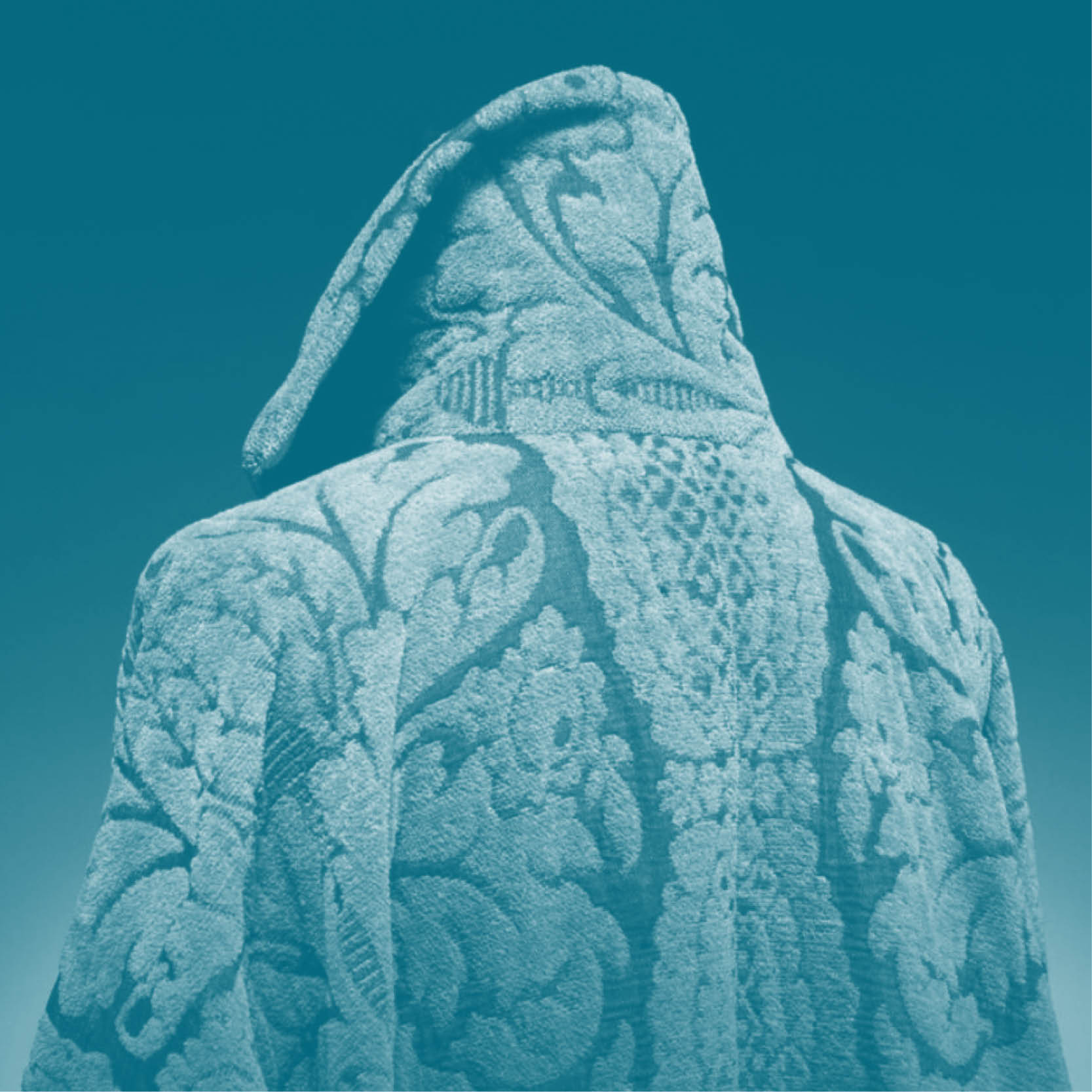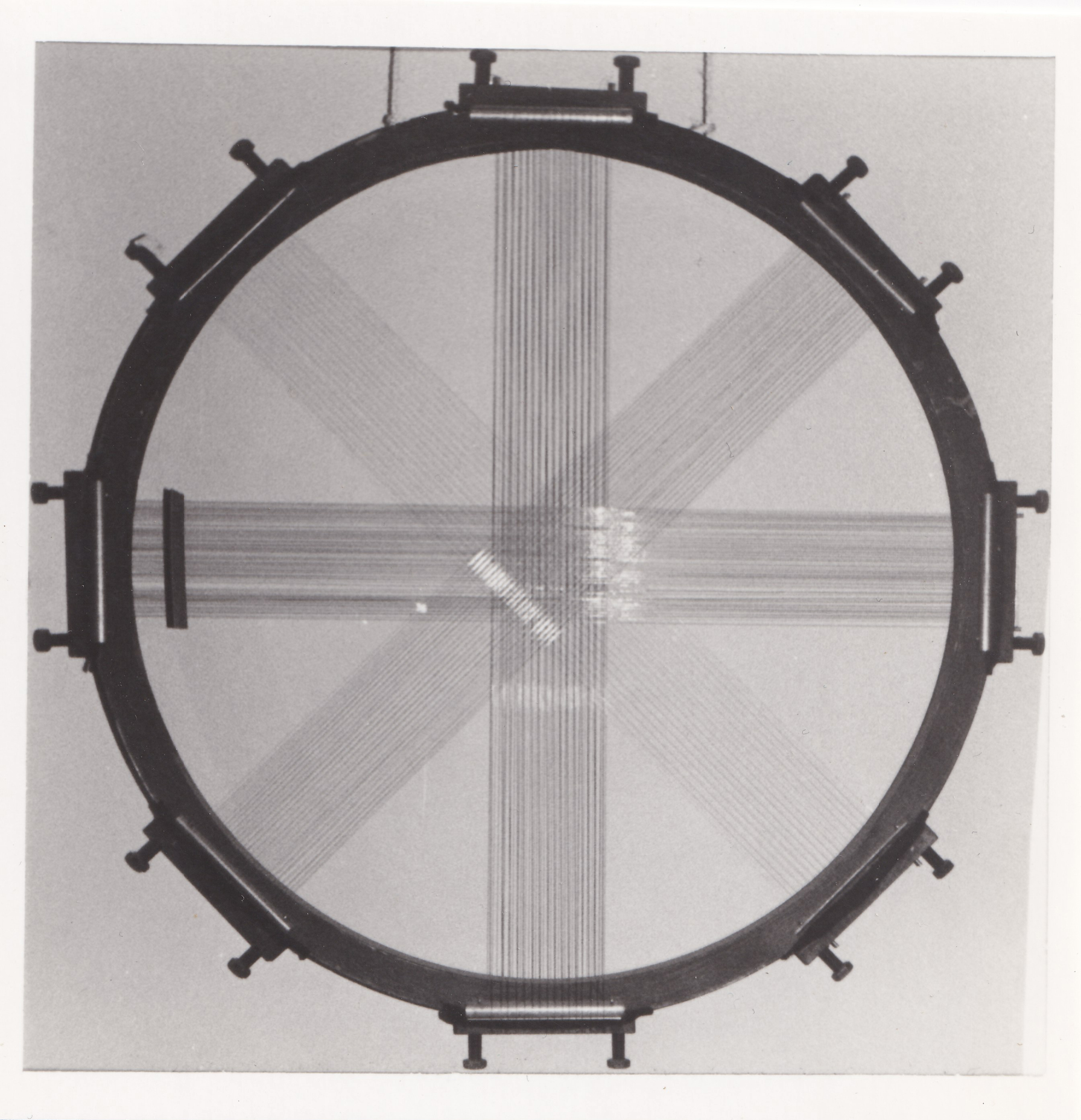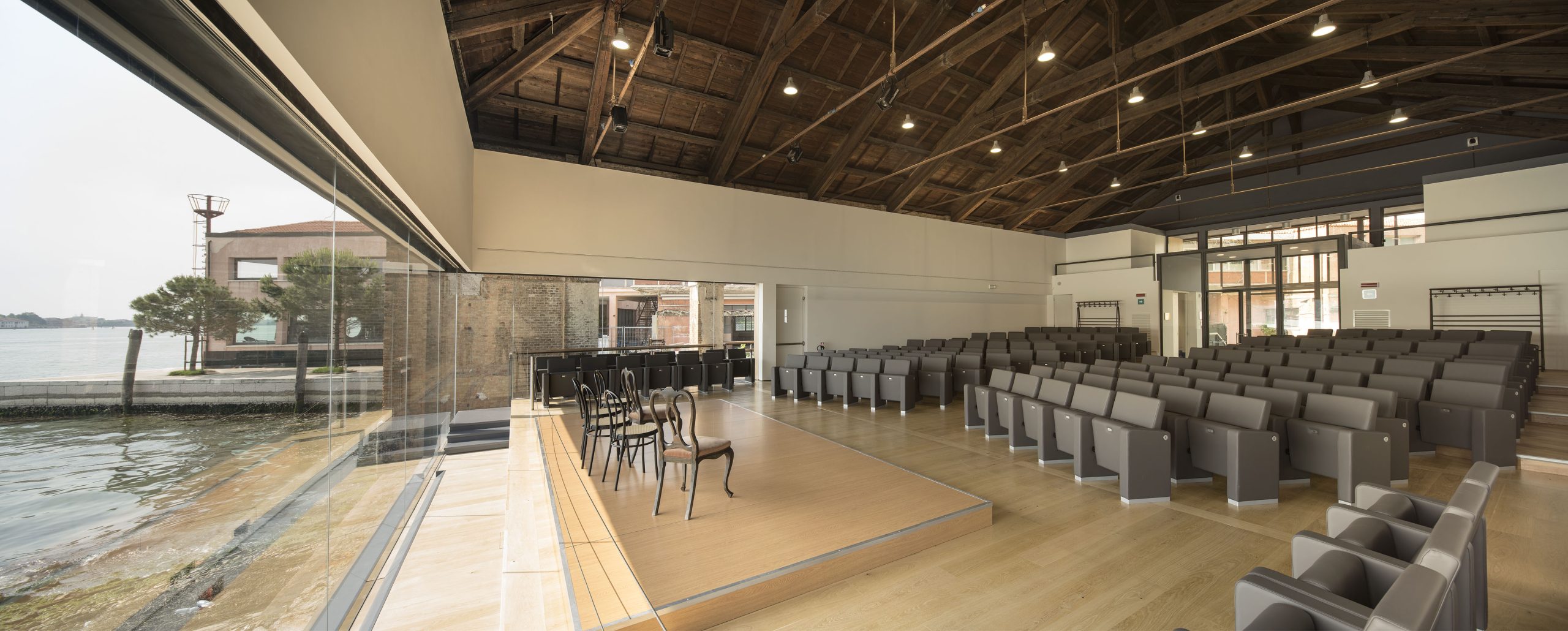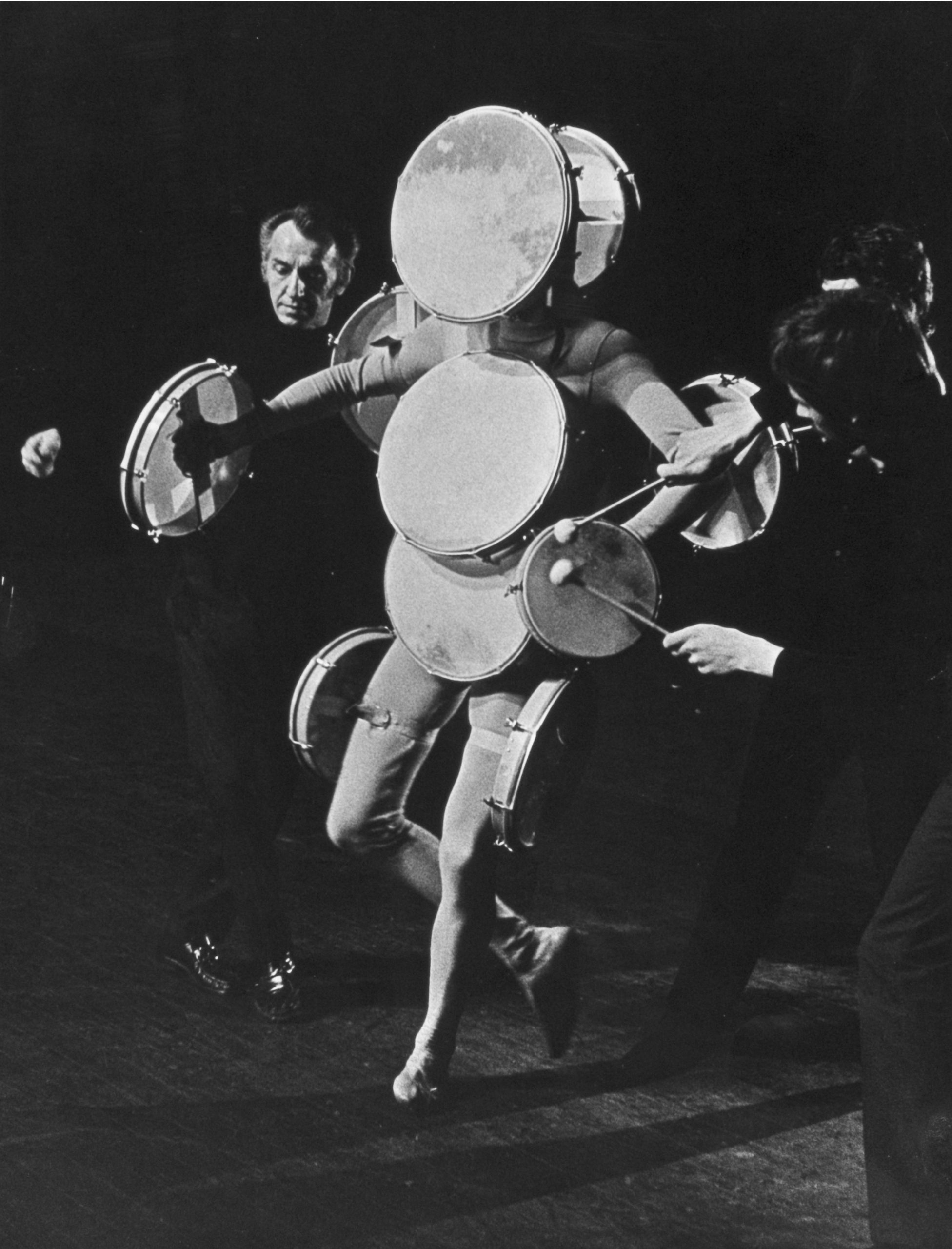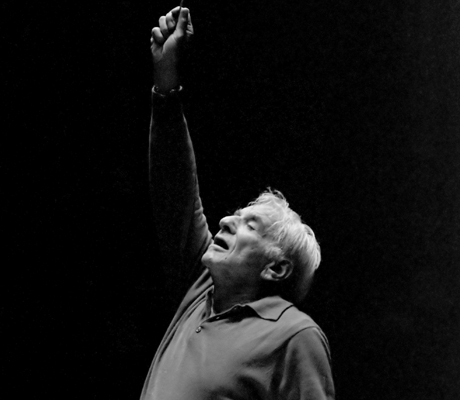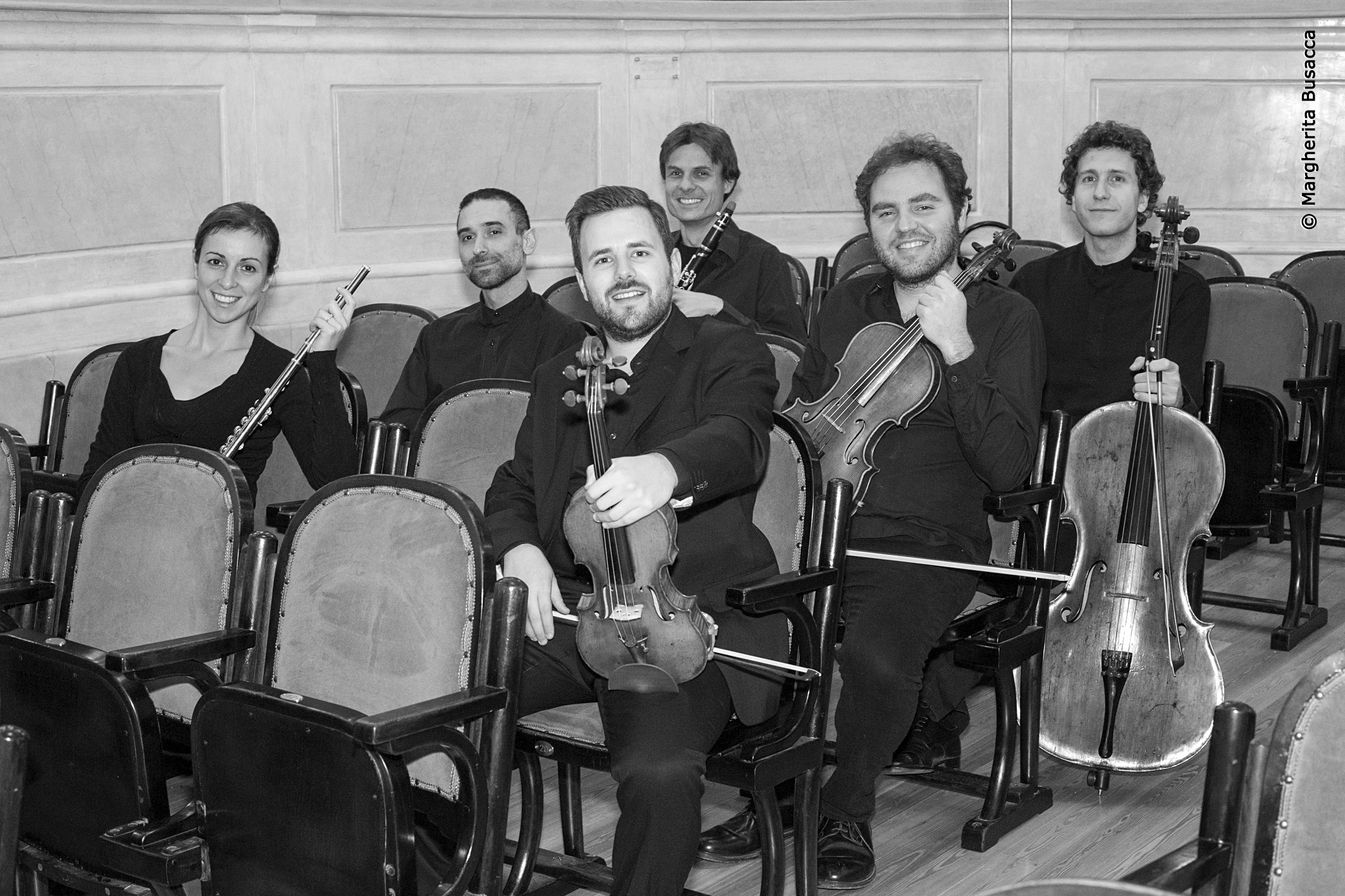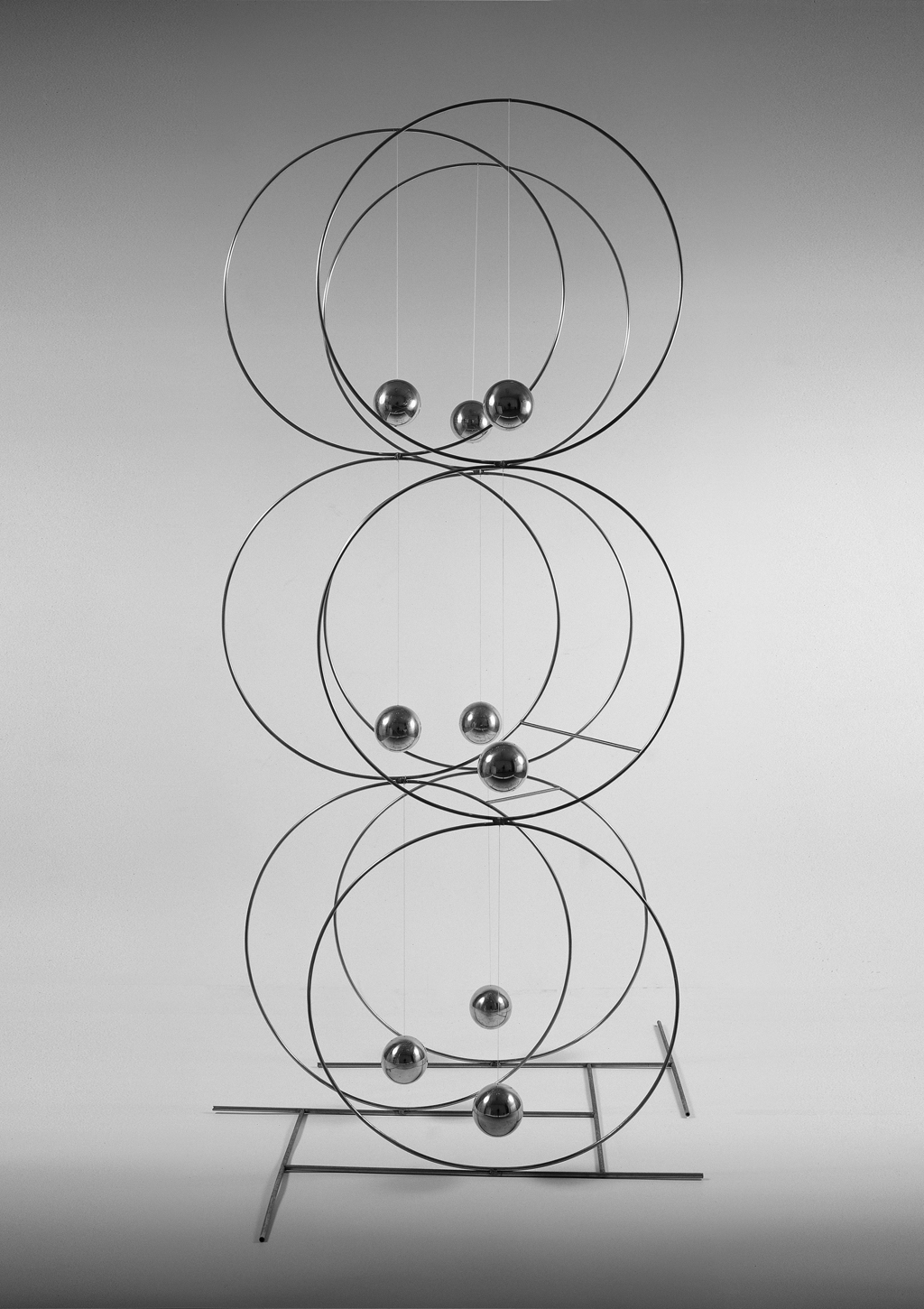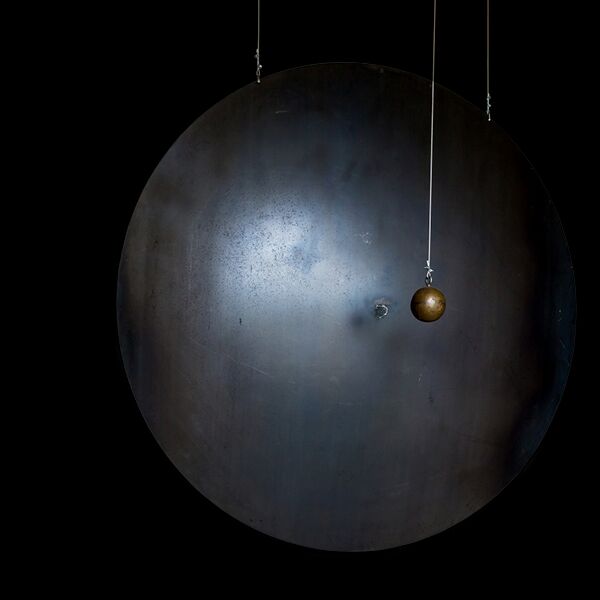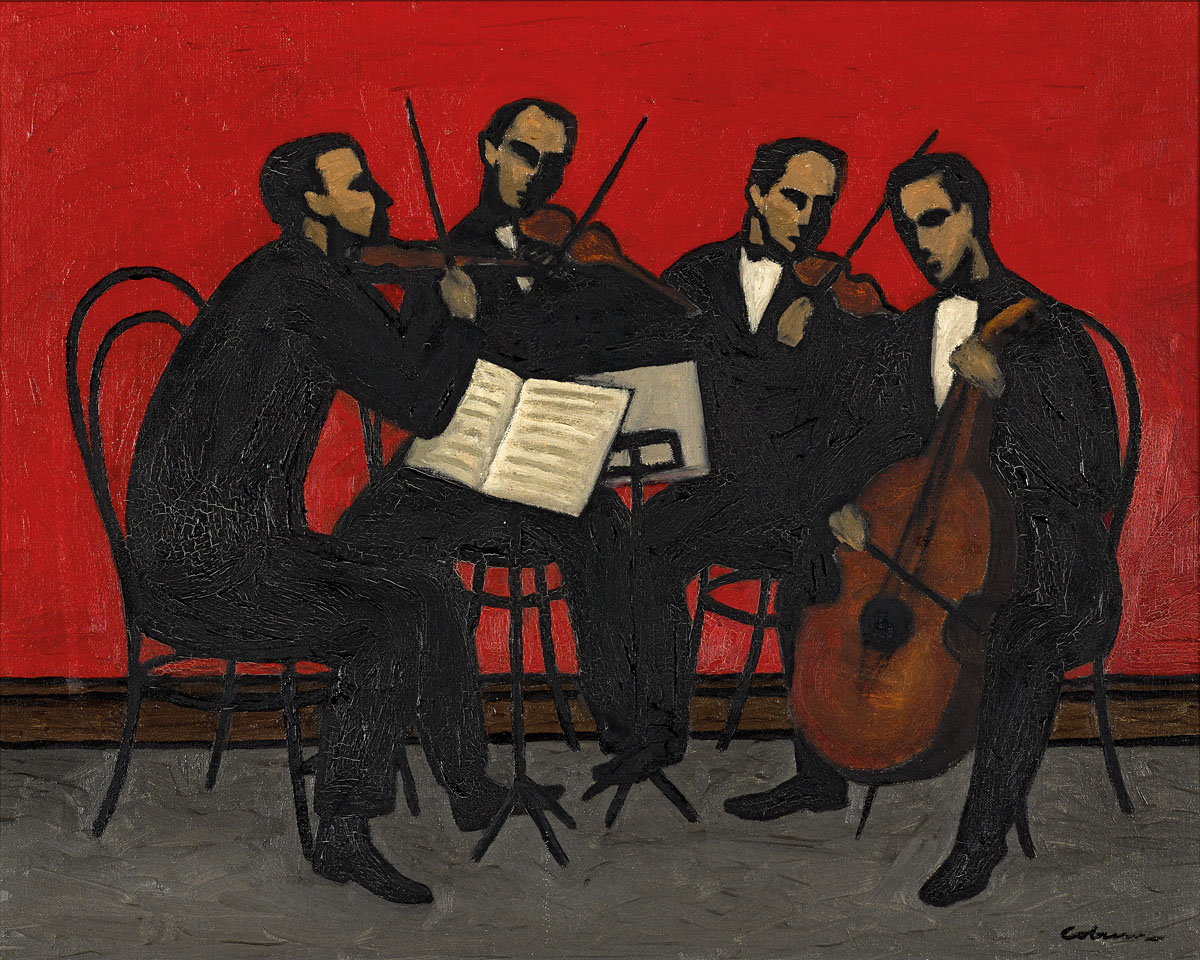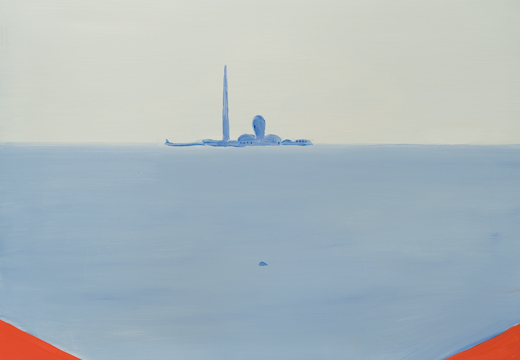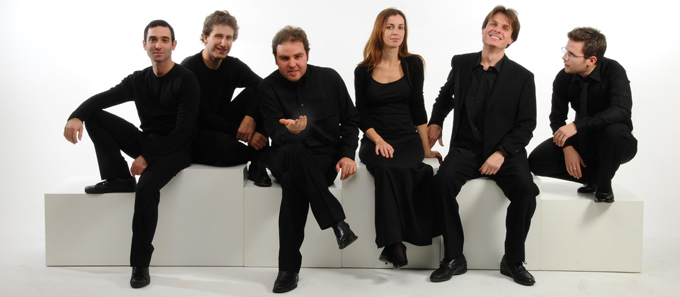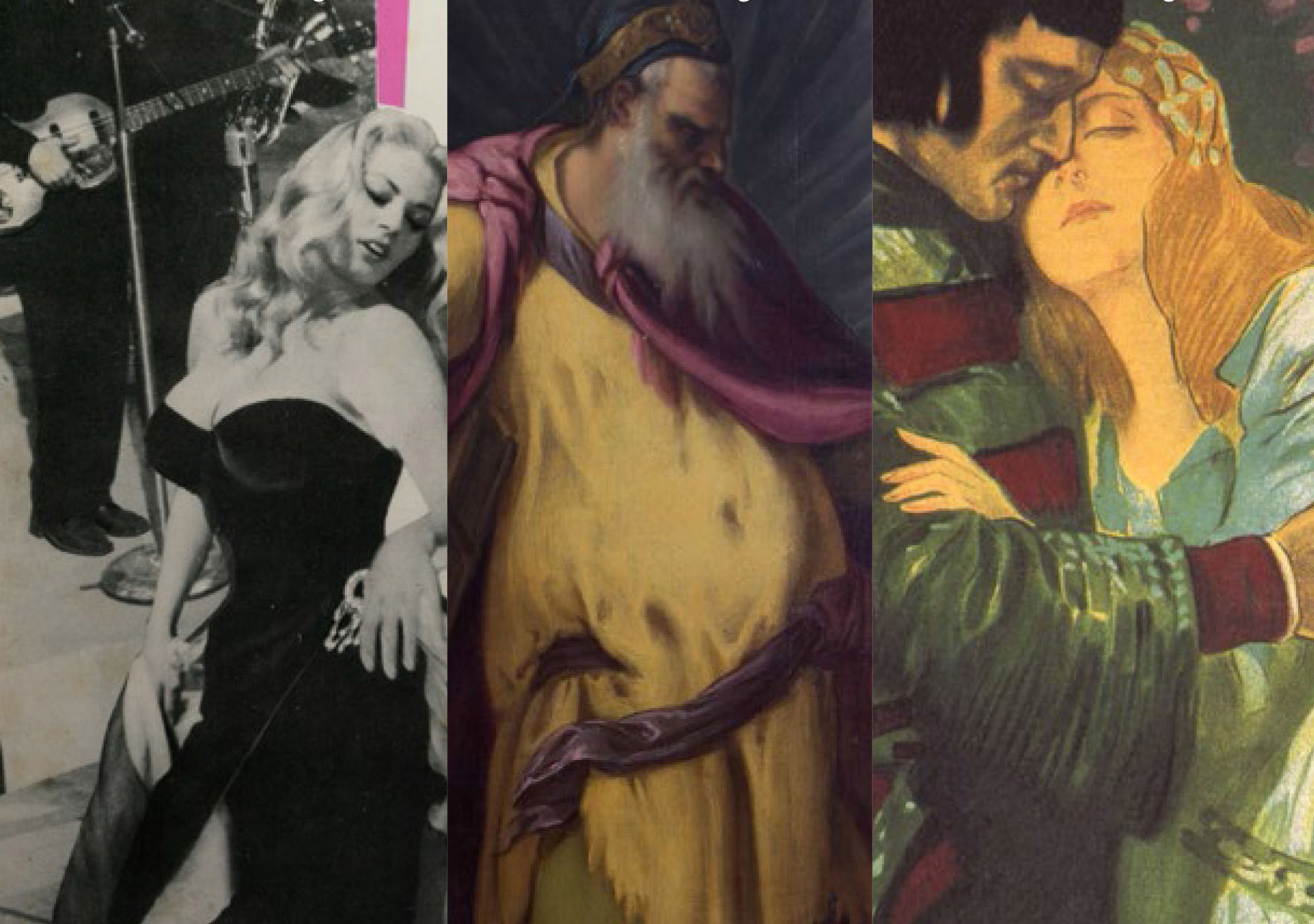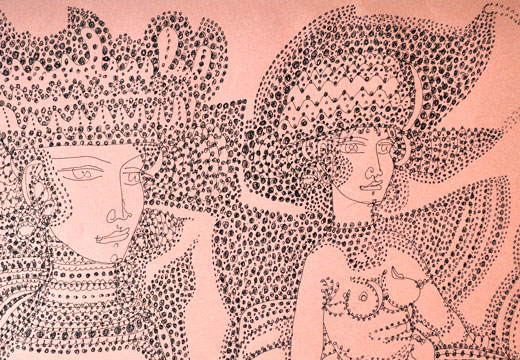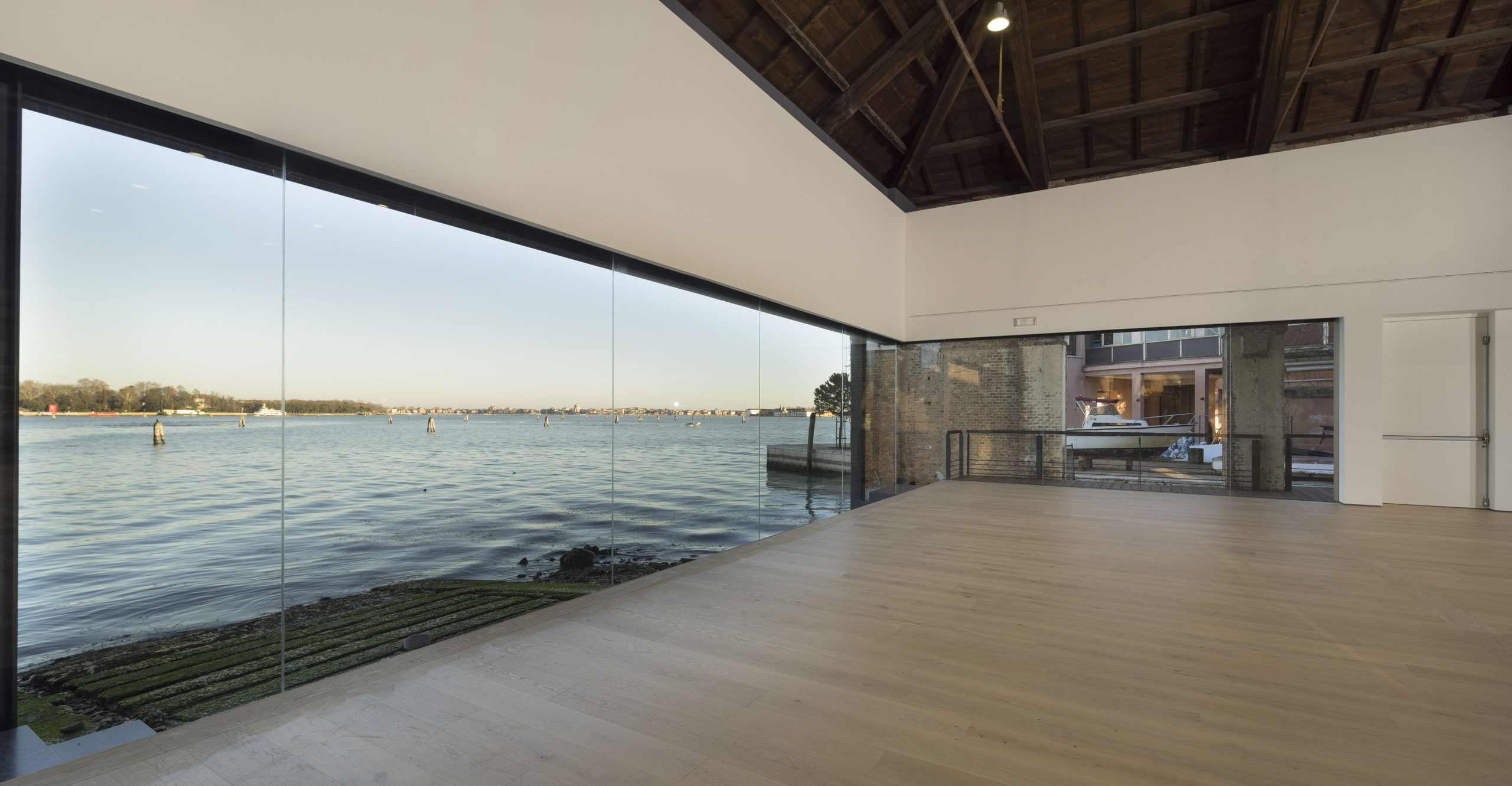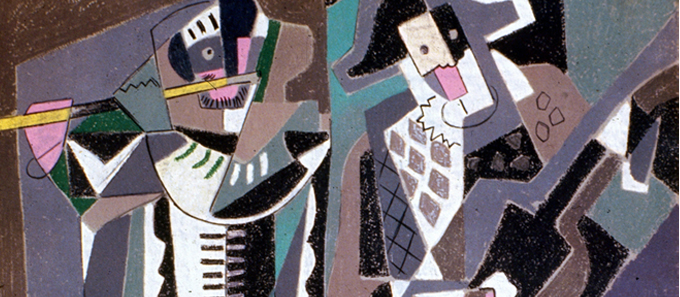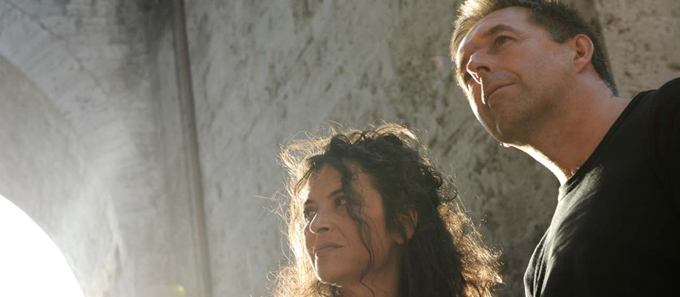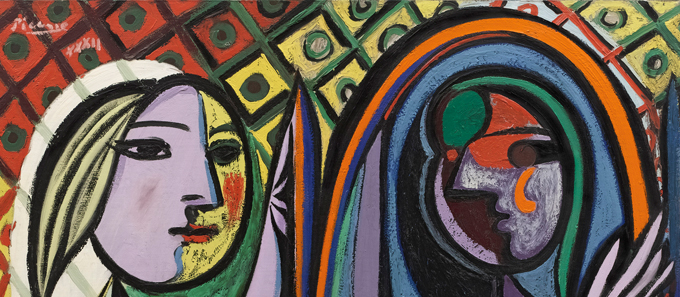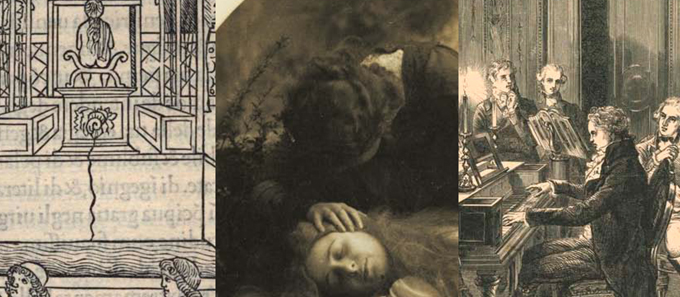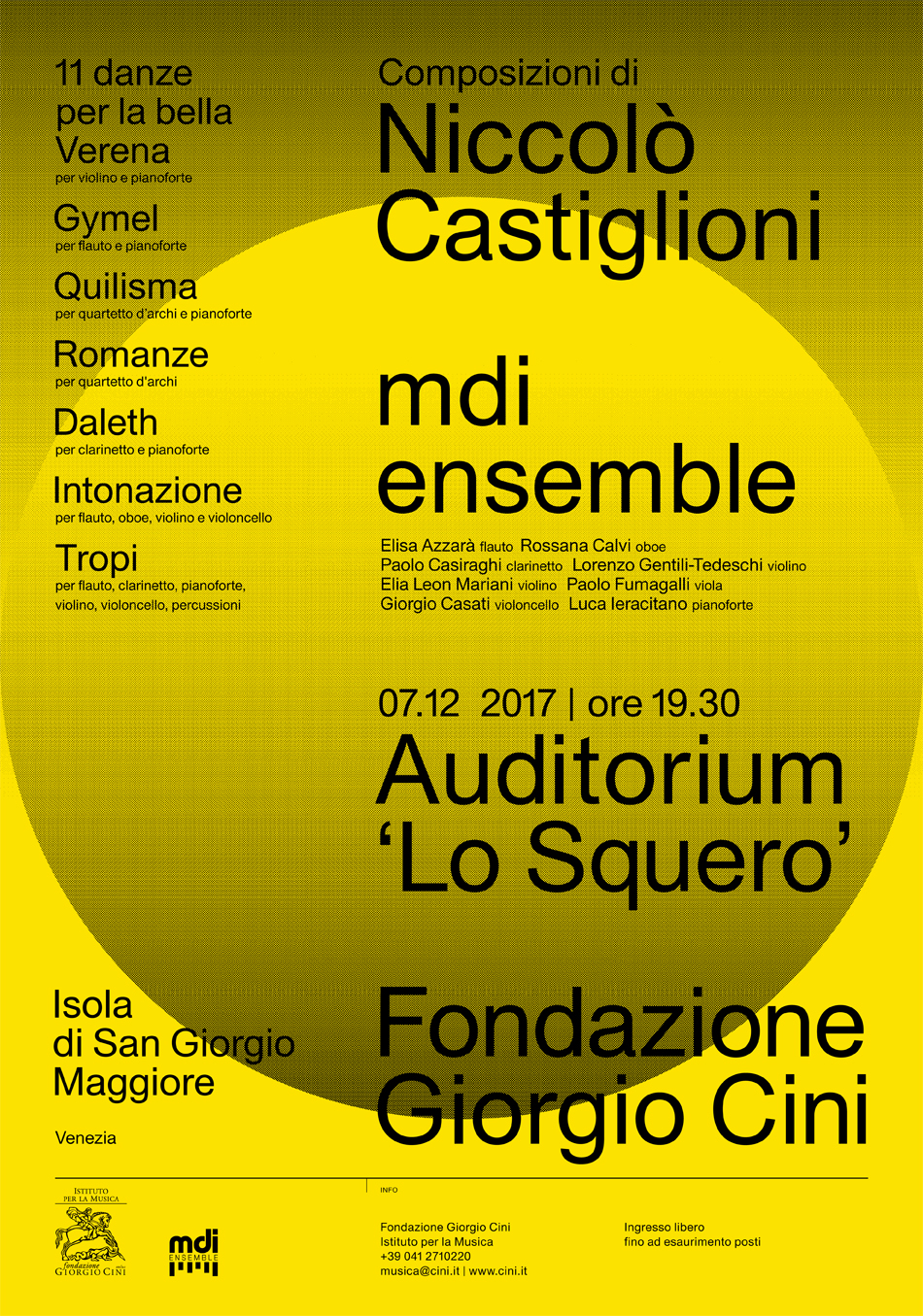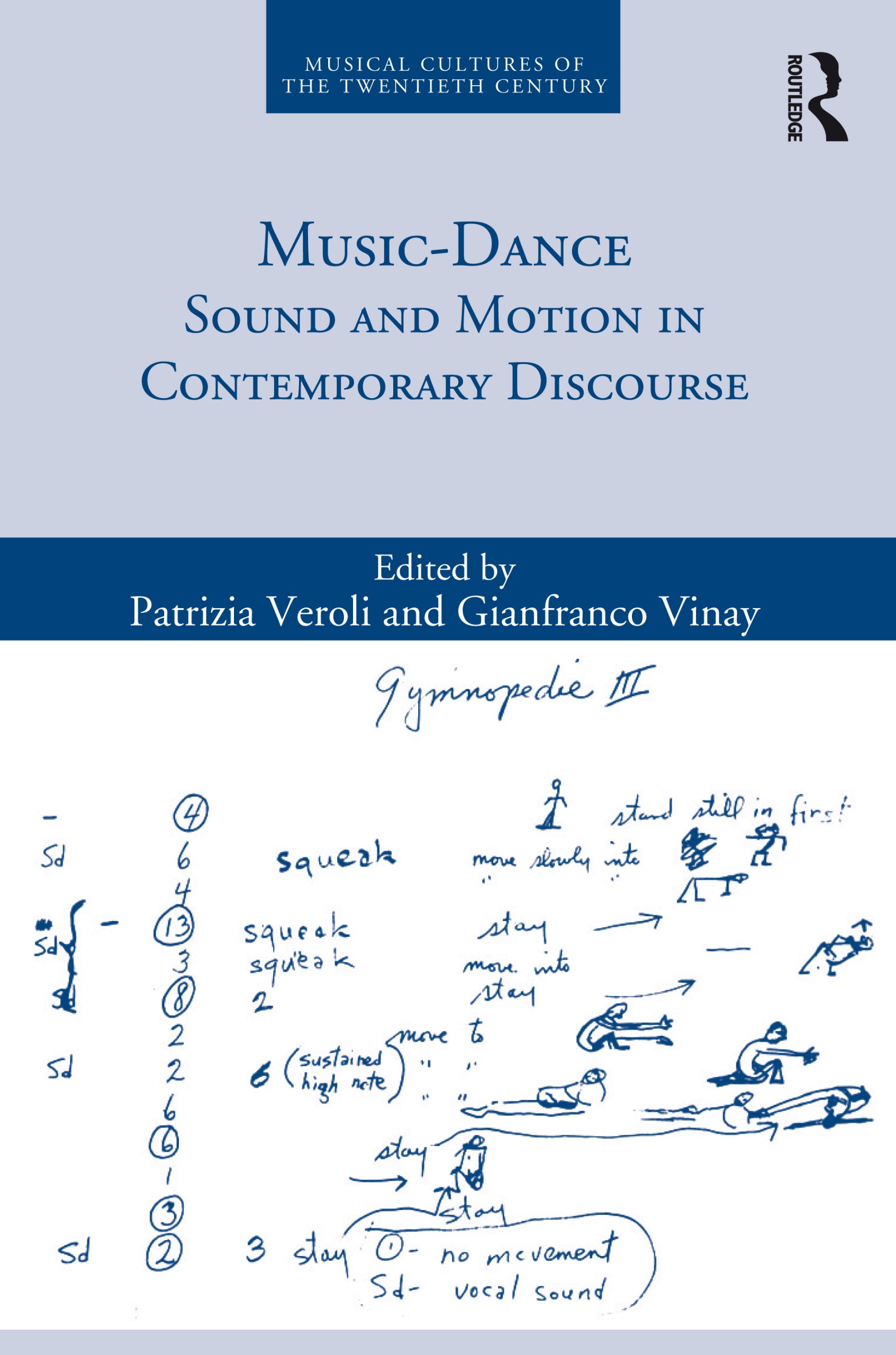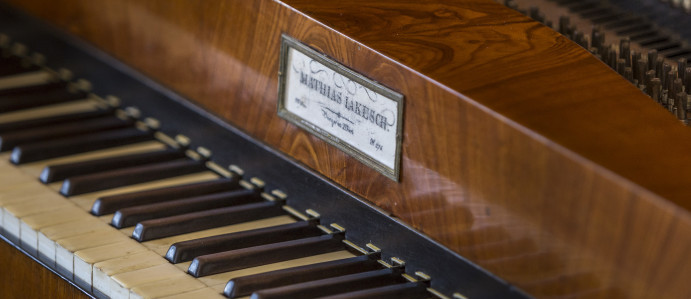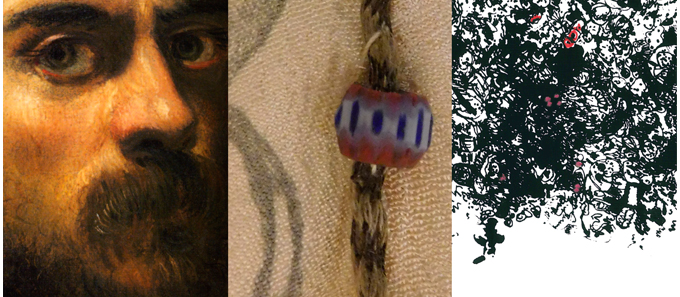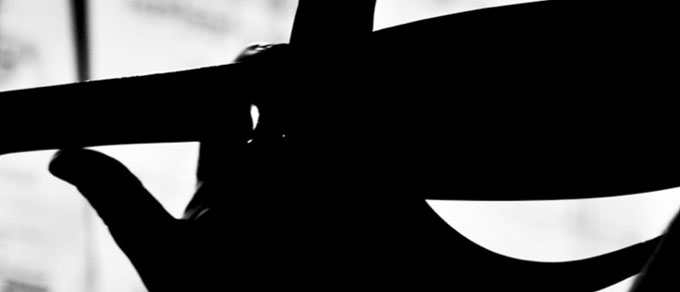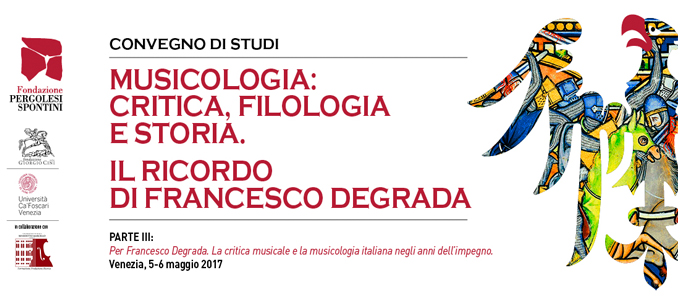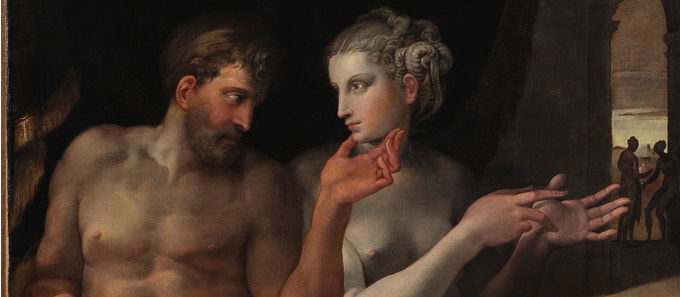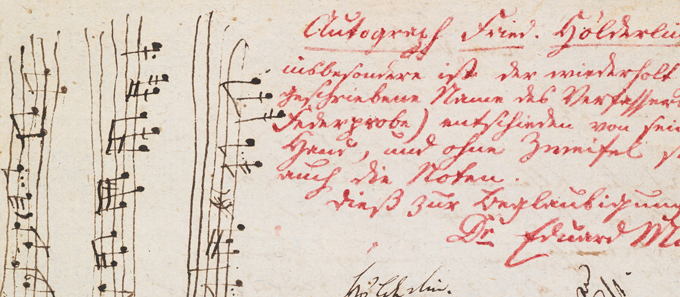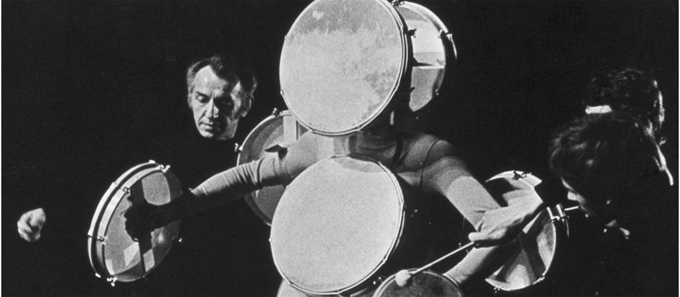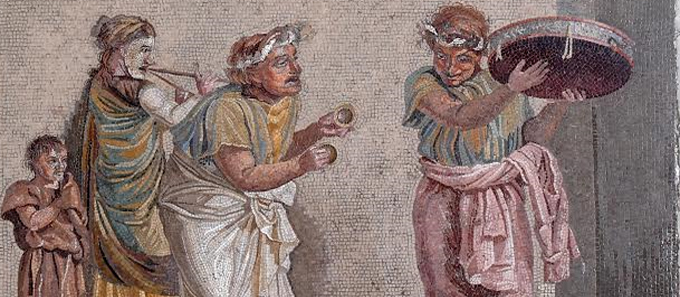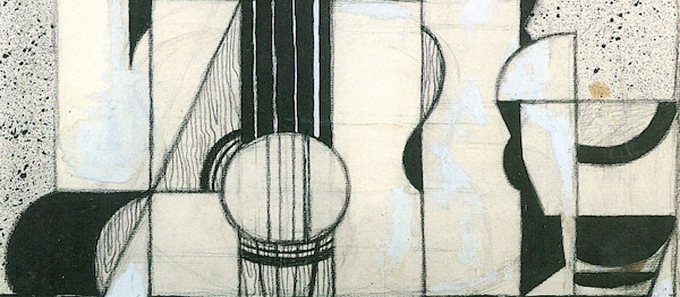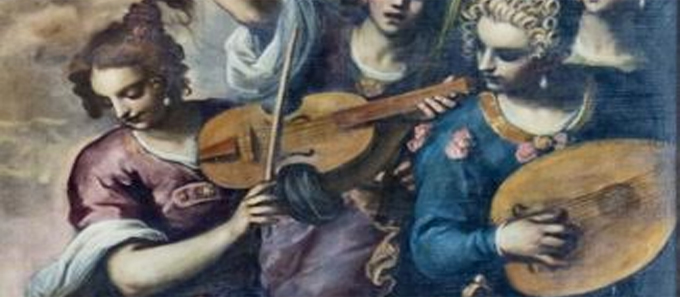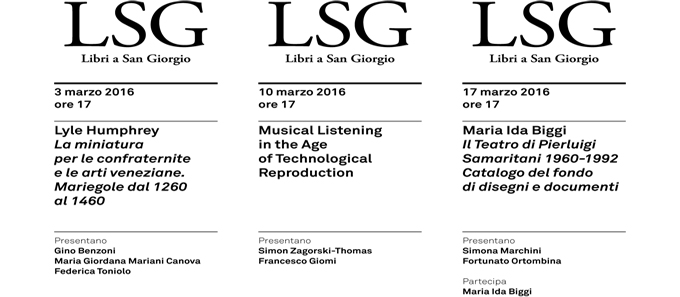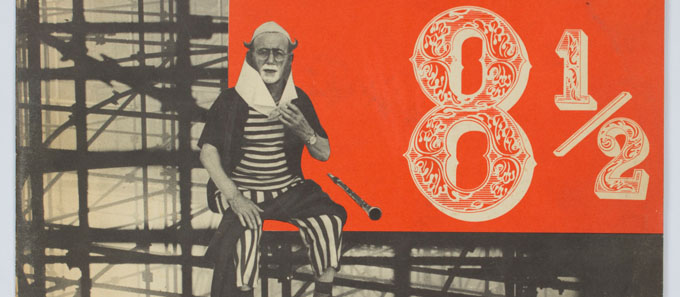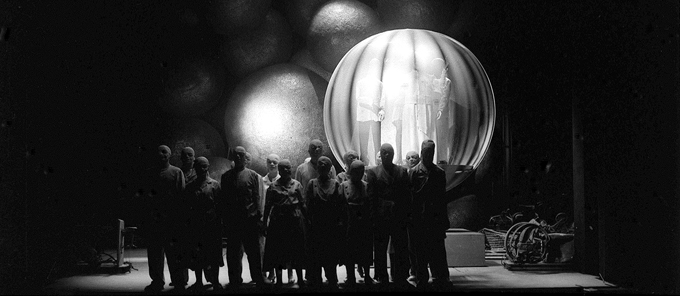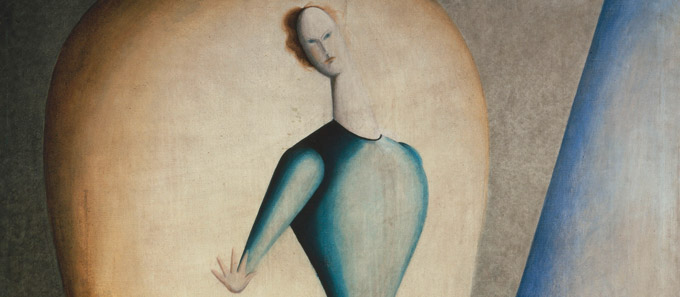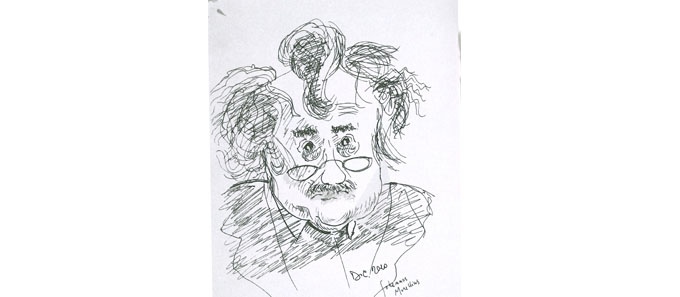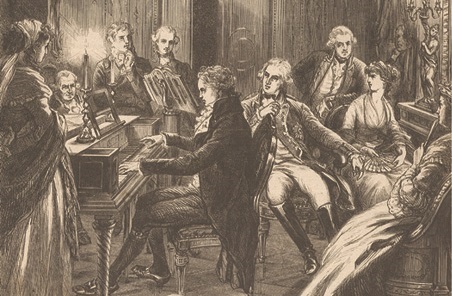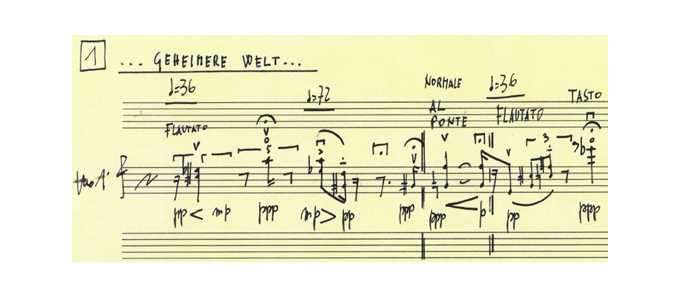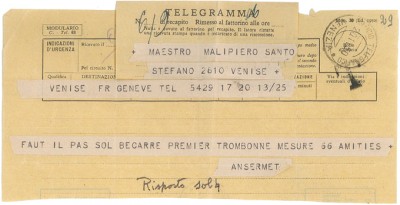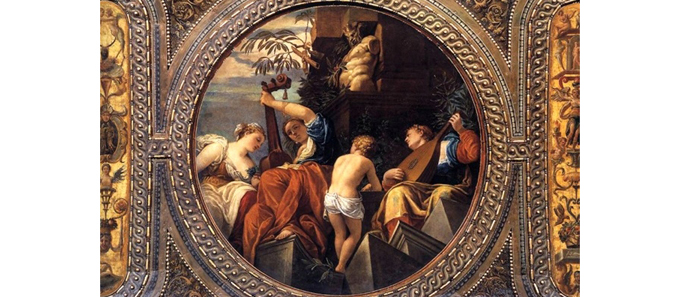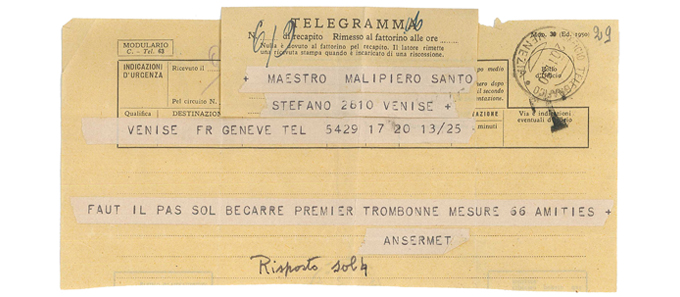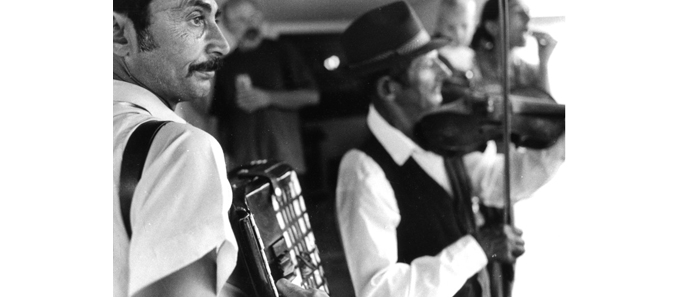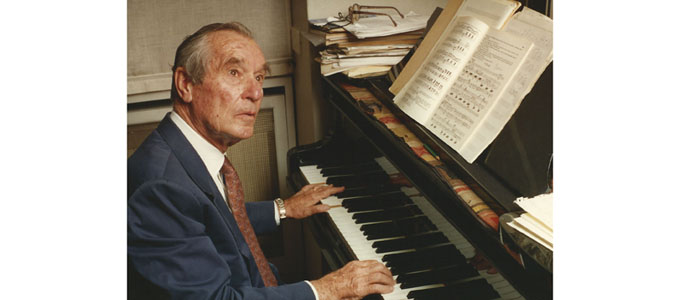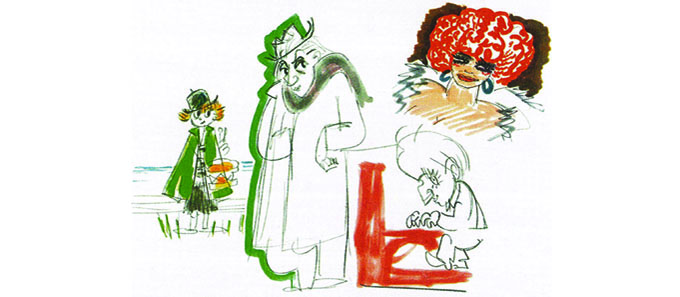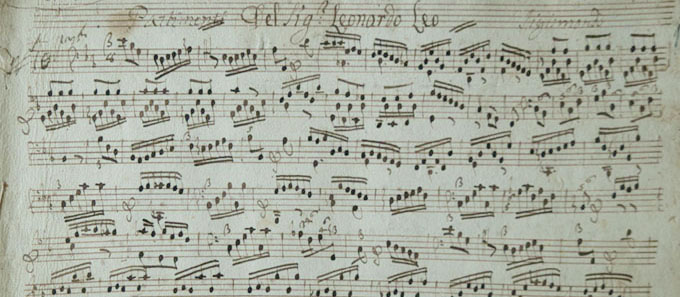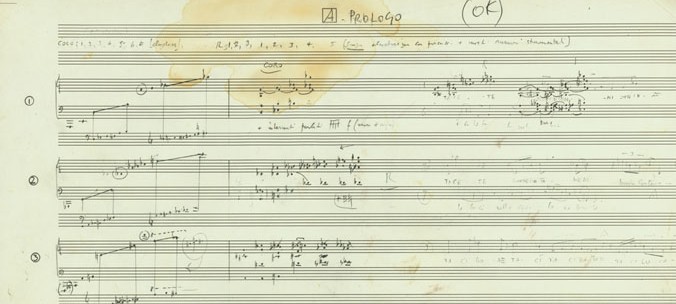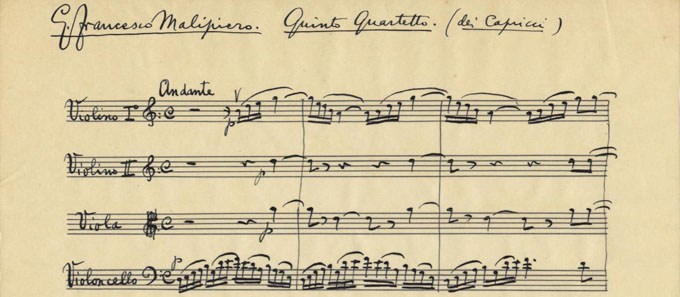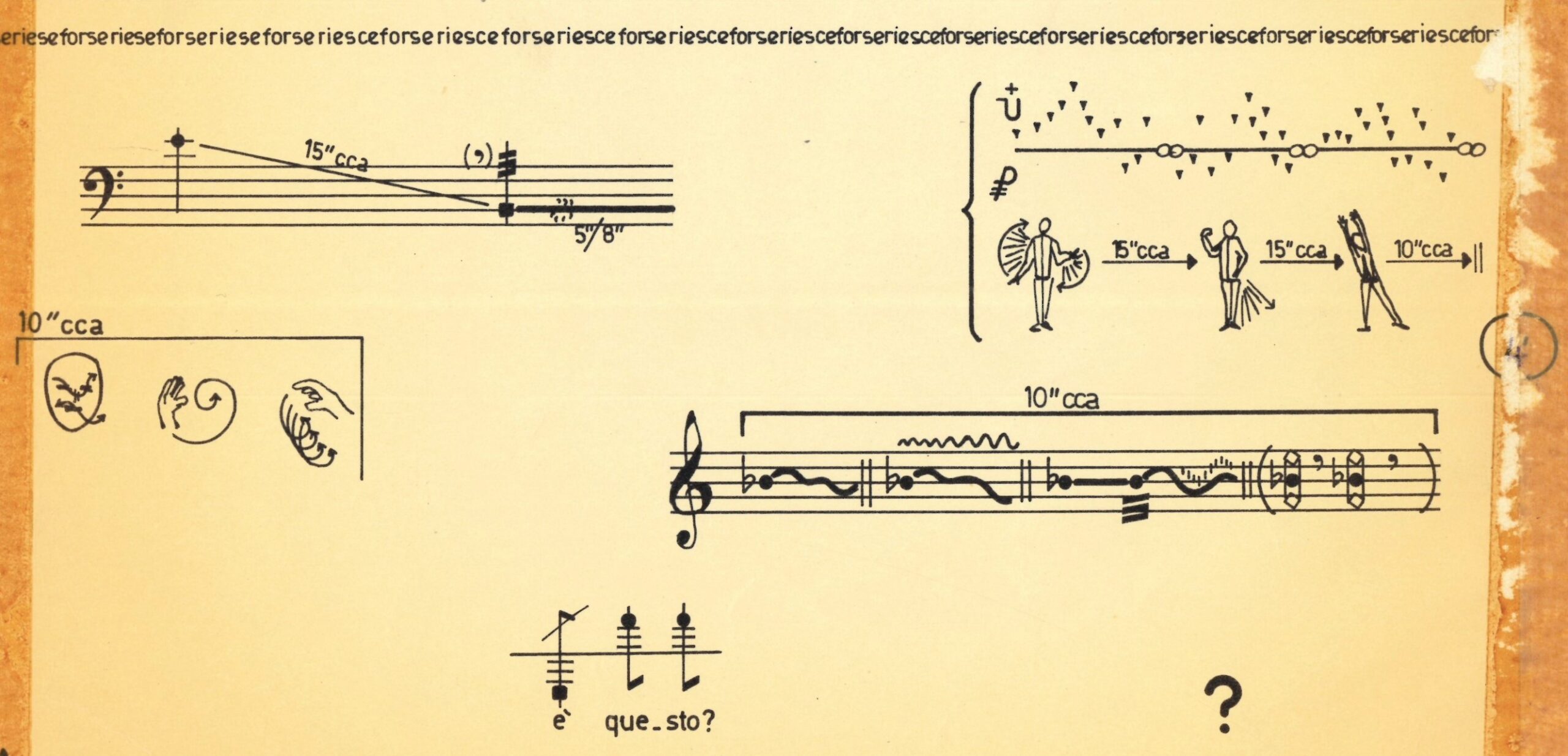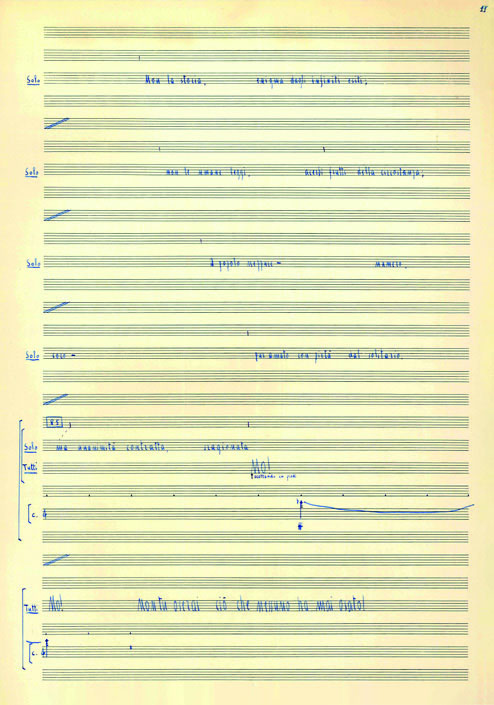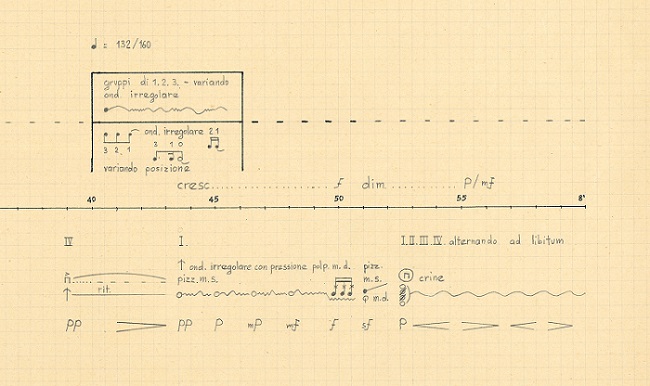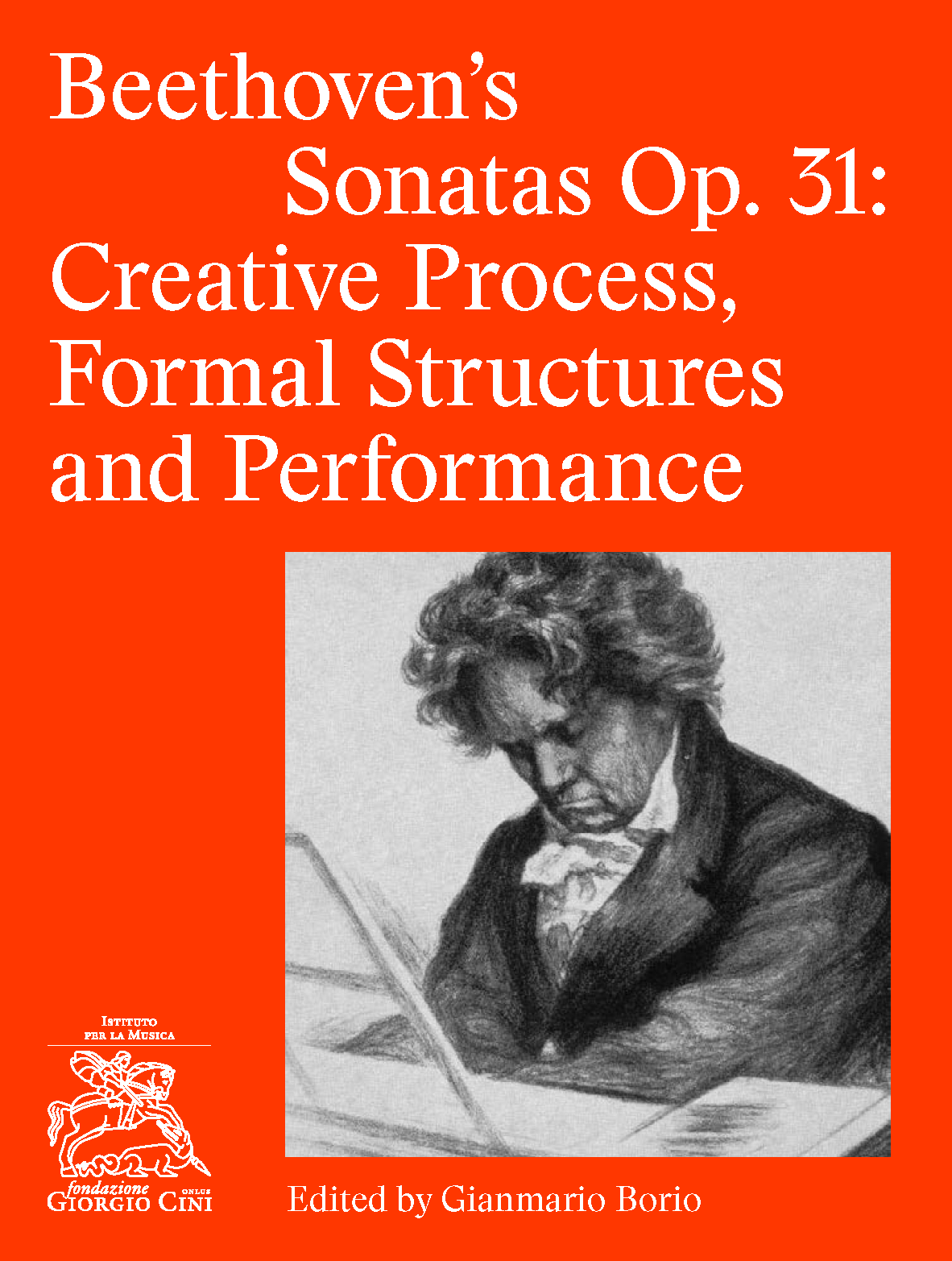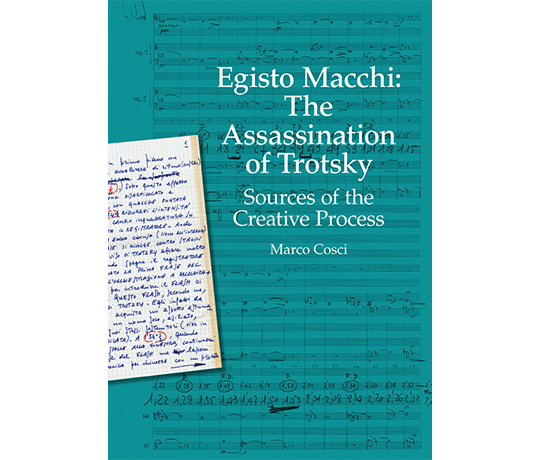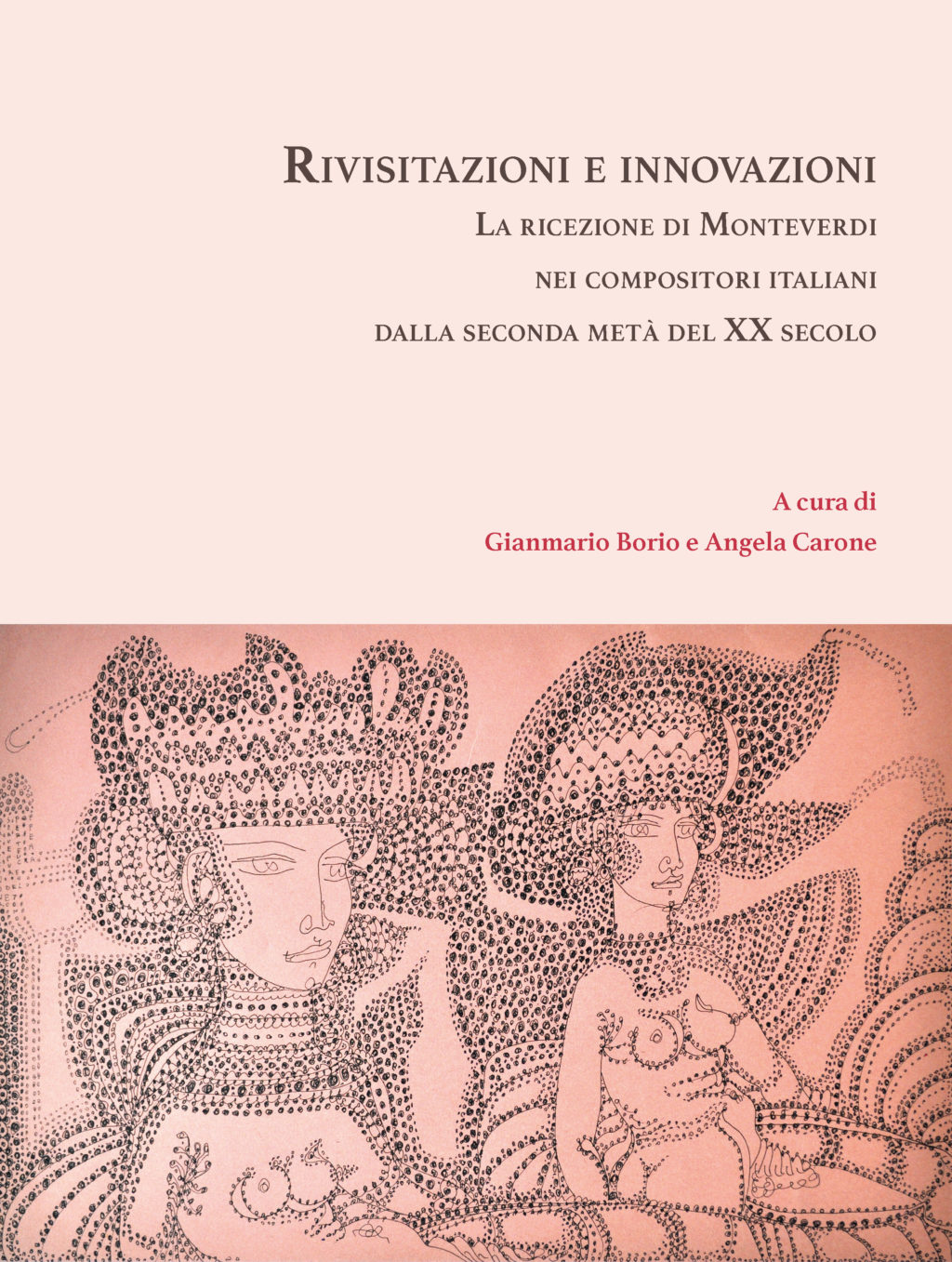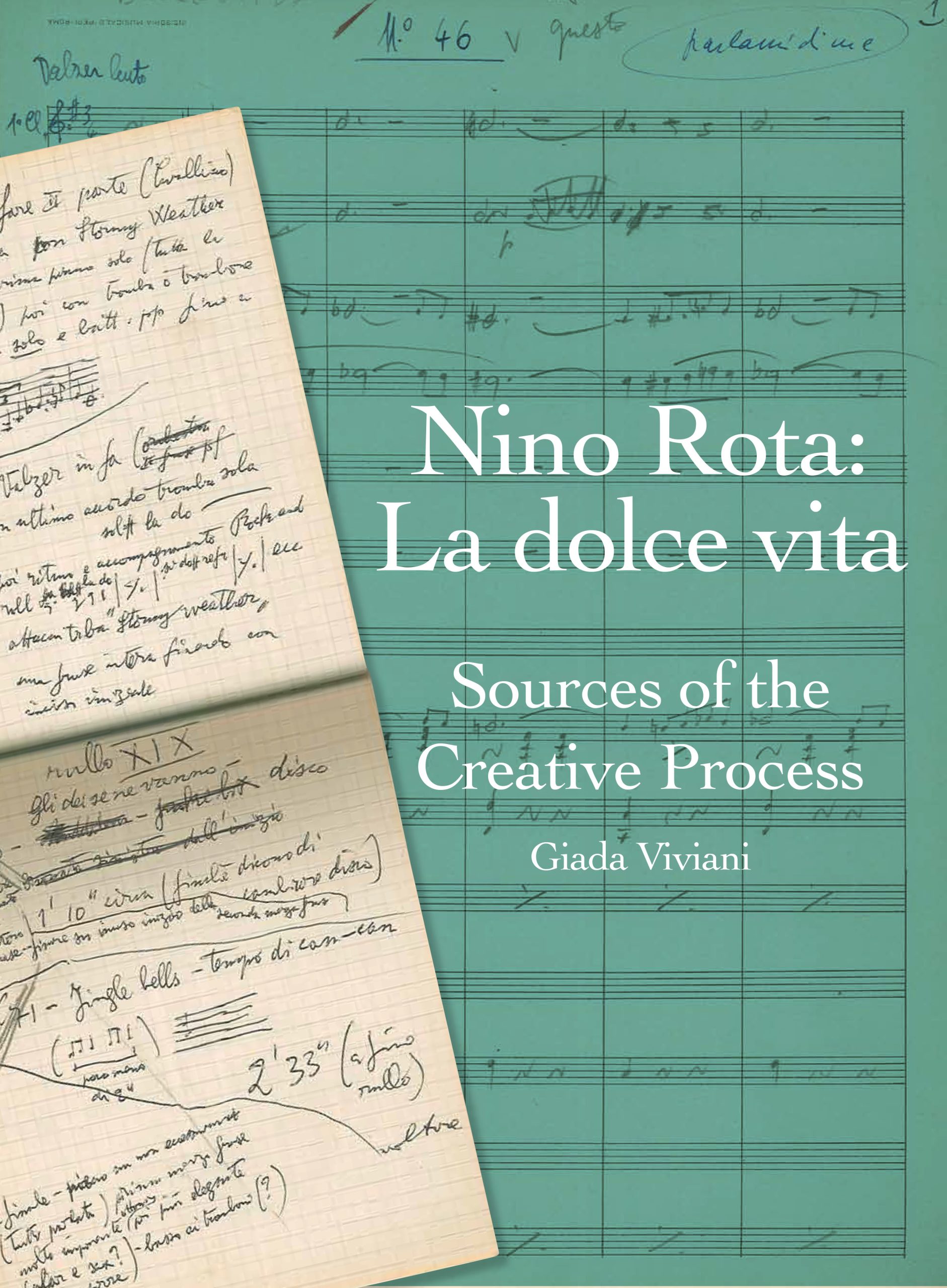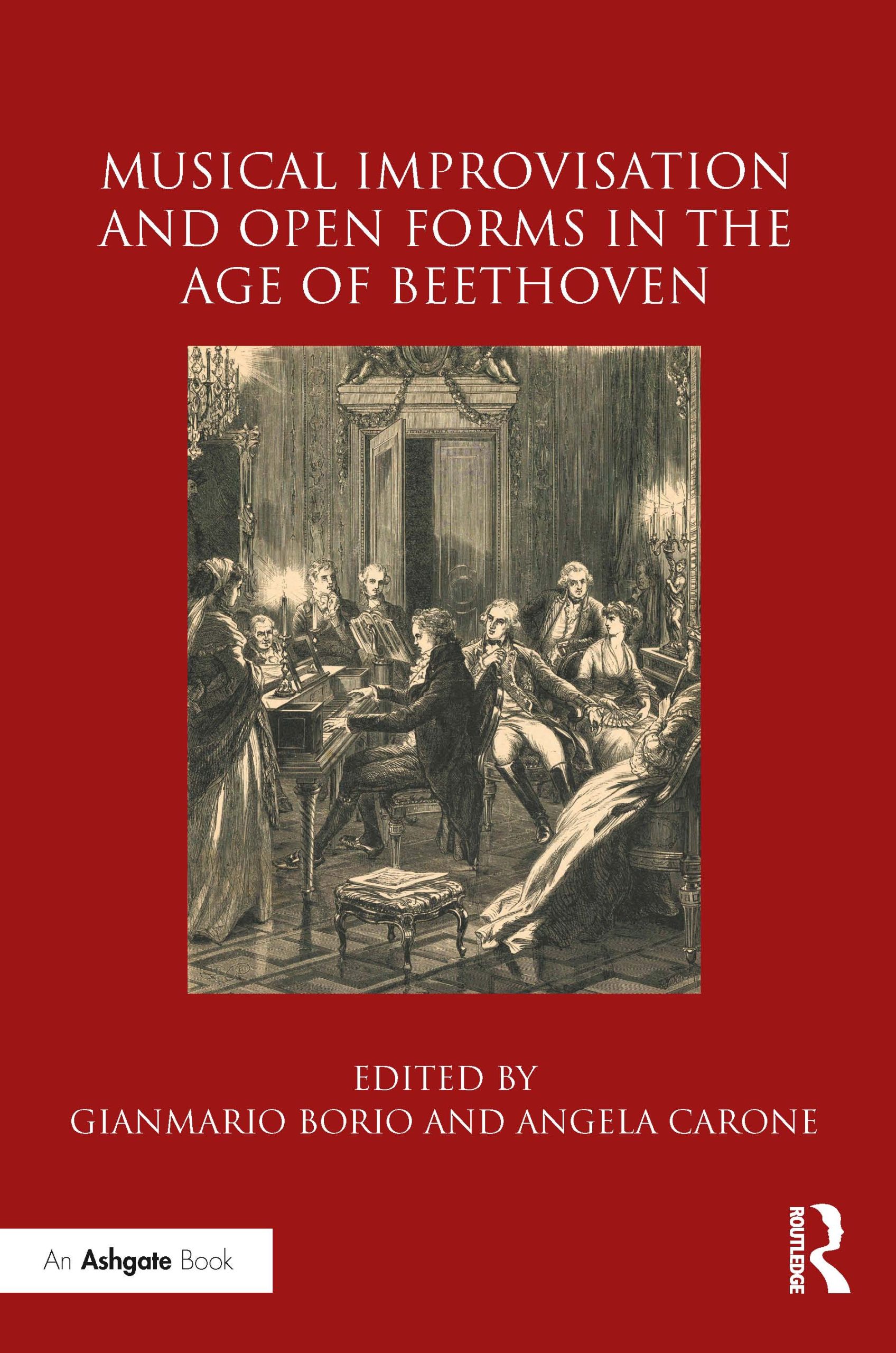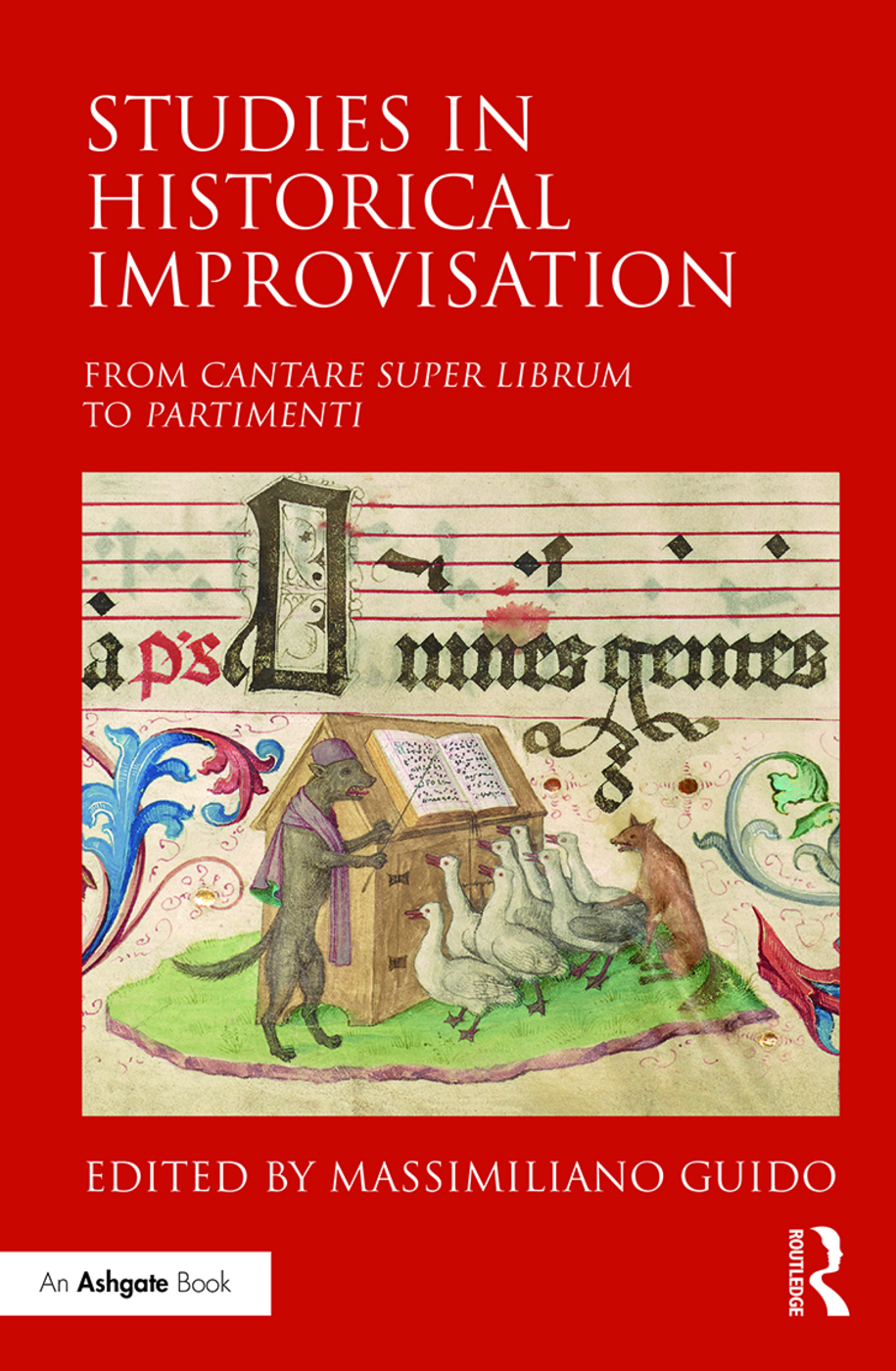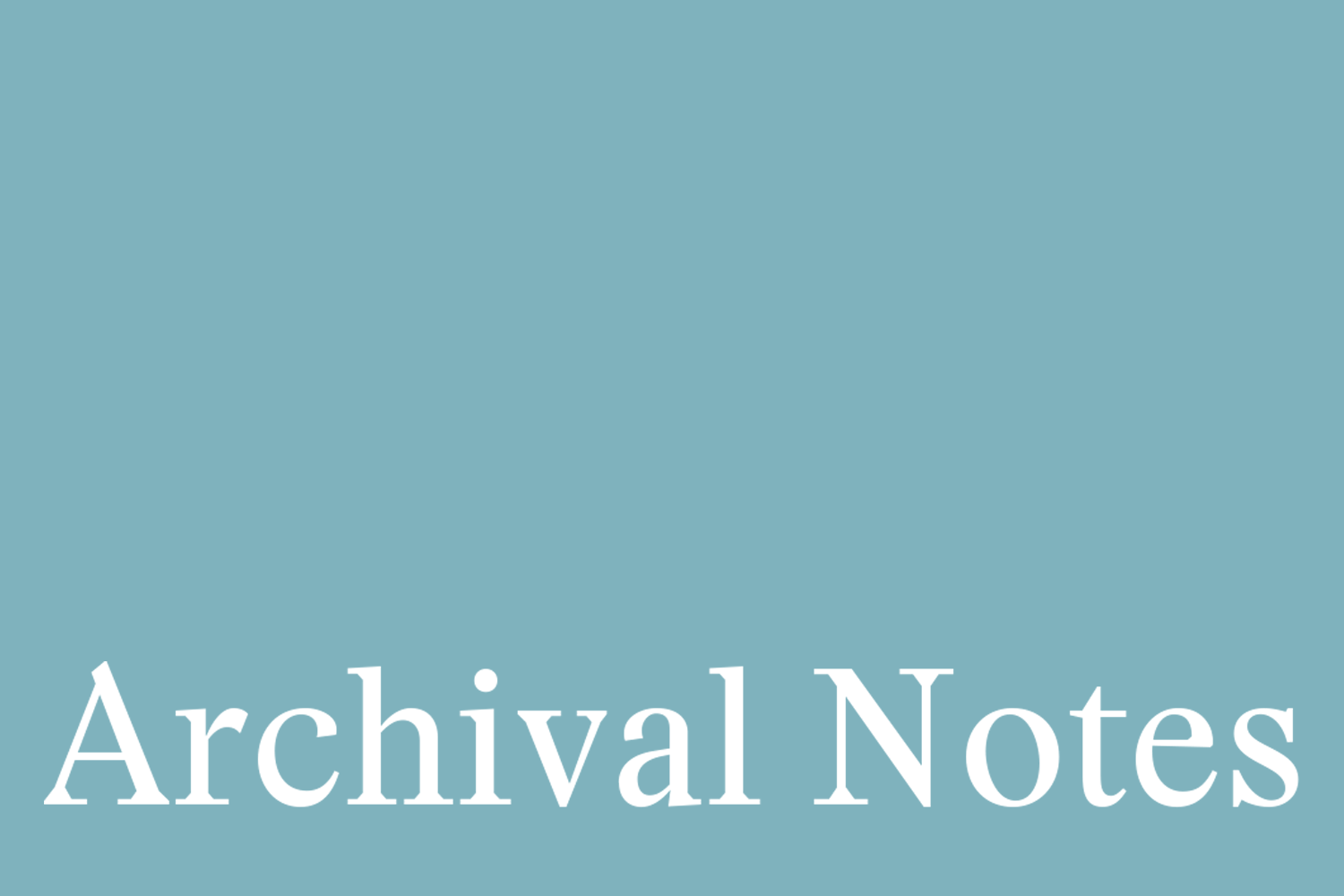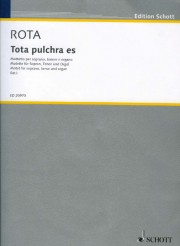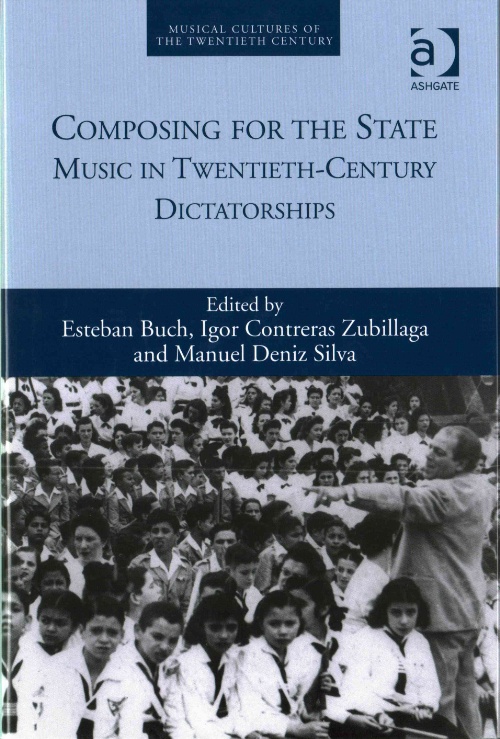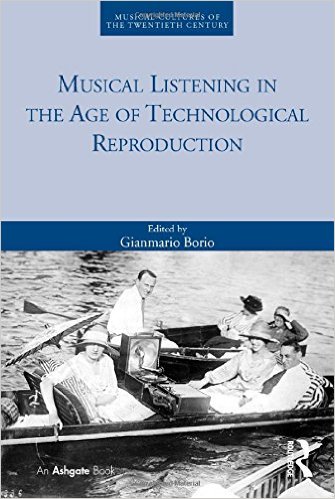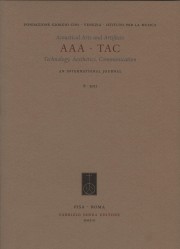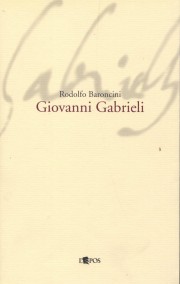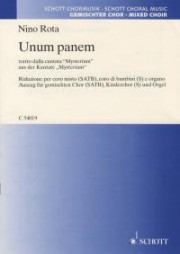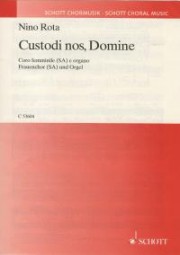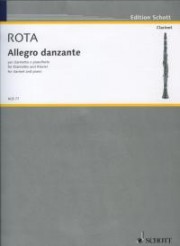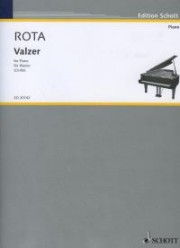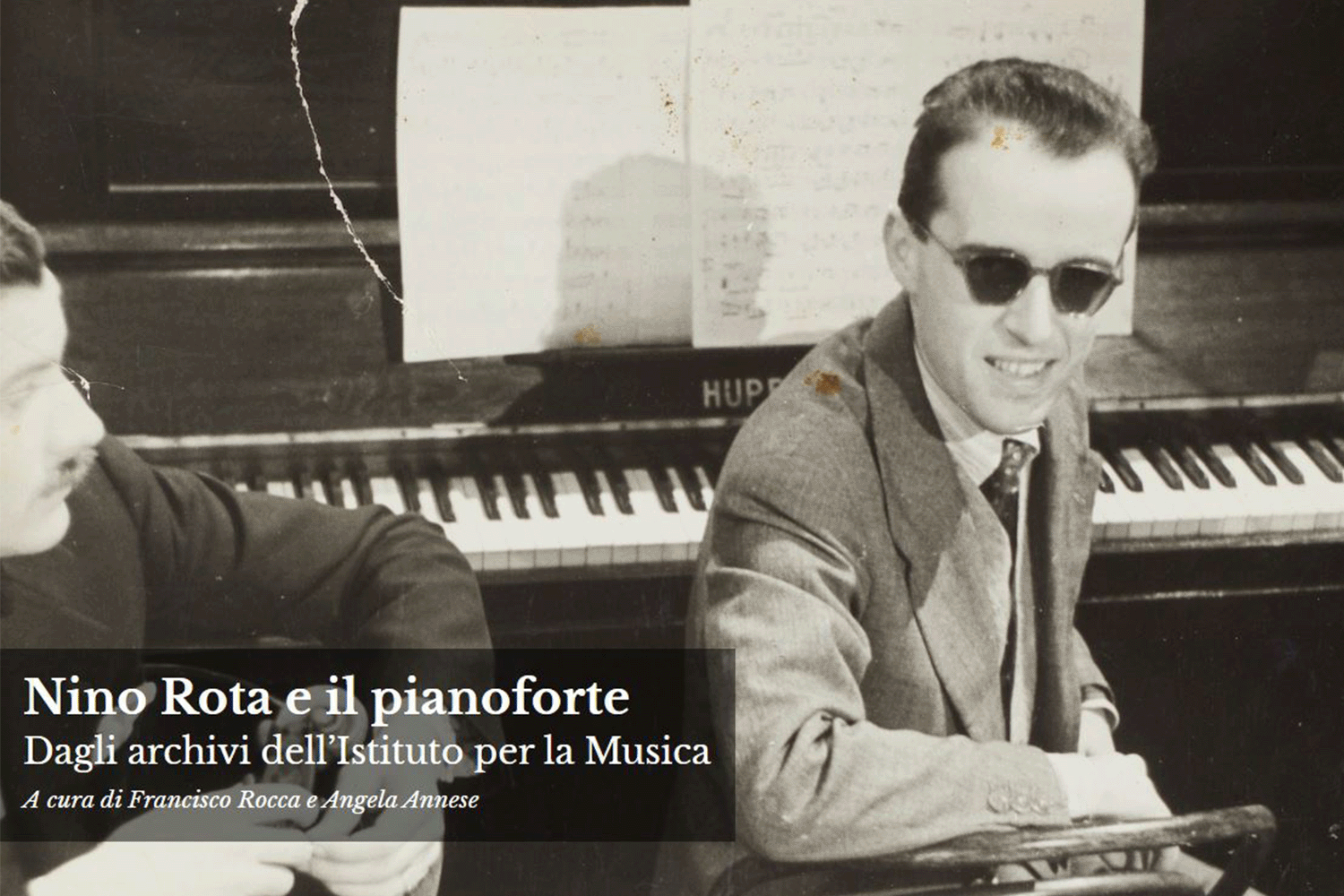Institute of Music
Founded in 1985 by Giovanni Morelli, the Institute promotes scientific research and the dissemination of knowledge across various fields of Western musical culture. Through compositional processes, music theory, musical interpretation, and audiovisual experiences, the Institute is dedicated to the preservation and enhancement of important personal archives, the publication of musicological literature, and the organisation of conferences, seminars, and musical events. It fosters collaborations between public and private entities at both national and international levels.
The Institute’s main research focus is on the sources of musical creation in the 20th century, explored from diverse perspectives. It examines aspects such as the genesis of musical works and events, biographical elements, the history of musical organisations, and the relationships between music theory and practice. In the field of theory and practice of musical interpretation, the Institute offers a comprehensive range of studies, seminars, and masterclasses, linking historical research to theoretical and practical elaboration. These activities address themes and repertoires from different eras, regions, and cultures. Another key area of study is the connection between sound and image in the electronic age. Audiovisual productions, ranging from cinema to installations, are analysed in terms of their structural relationships and communicative methods.
Since 2012, the Institute has been directed by Gianmario Borio.
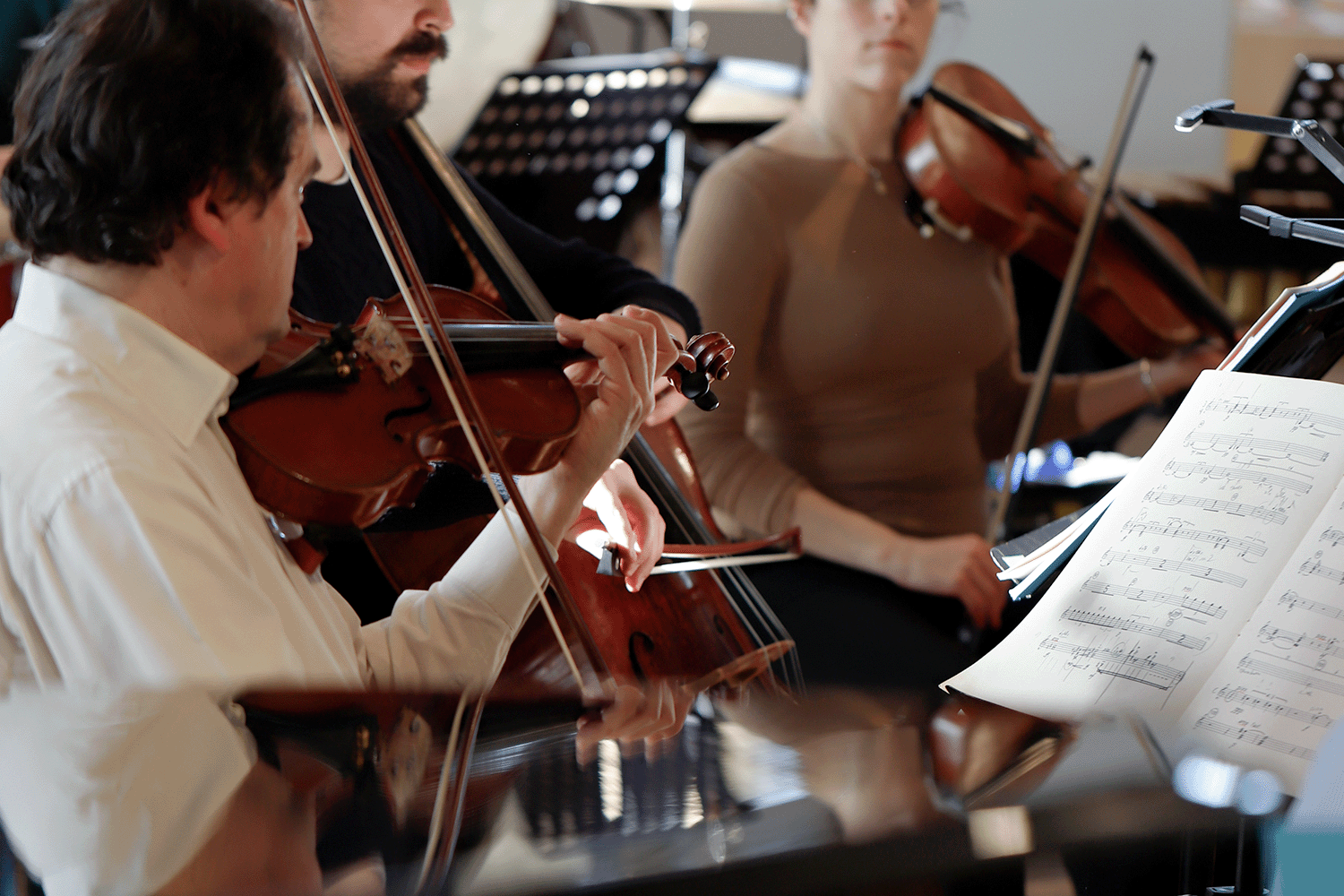
Musicians during the workshop Research-Led Performance. Conducting Twentieth-Century Music for Ensemble © Fondazione Giorgio Cini
The Institute of Music is dedicated to research, musical interpretation, and the enhancement of 20th and 21st century archives, with a particular focus on works by prominent figures in the fields of music, choreography/dance, and audiovisual media.
-
Conferences and Seminars
-
Conferences and Seminars
-
Conferences and Seminars
-
Conferences and Seminars
-
Conferences and Seminars
-
Conferences and Seminars
-
Conferences and Seminars
-
Conferences and Seminars
-
Conferences and Seminars
-
Conferences and Seminars
-
Conferences and Seminars
-
Conferences and Seminars
-
Conferences and Seminars
-
Conferences and Seminars
-
Events
-
Conferences and Seminars
-
Meetings
-
Concerts and shows
-
Meetings
-
Meetings
-
Meetings
-
Conferences and Seminars
-
Meetings
-
Conferences and Seminars
-
Conferences and Seminars
-
Concerts and shows
-
Conferences and Seminars
-
Meetings
-
Conferences and Seminars
-
Conferences and Seminars
-
Conferences and Seminars
-
Meetings
-
Conferences and Seminars
-
Concerts and shows
-
Concerts and shows
Archival Notes is the open-access and peer-reviewed journal of the Institute for Music, published annually by the Fondazione Giorgio Cini. Recognised by ANVUR as a Class A scientific publication, the journal includes contributions devoted to the study of 20th and 21st century music sources, with particular focus on the documentary heritage of the Foundation and related archives. Archival Notes promotes a plurality of disciplinary approaches and perspectives, offering a space for comparison and in-depth study for the international scientific community.
Translated with DeepL.com (free version)
-
2011 Music and critical editions of Music
